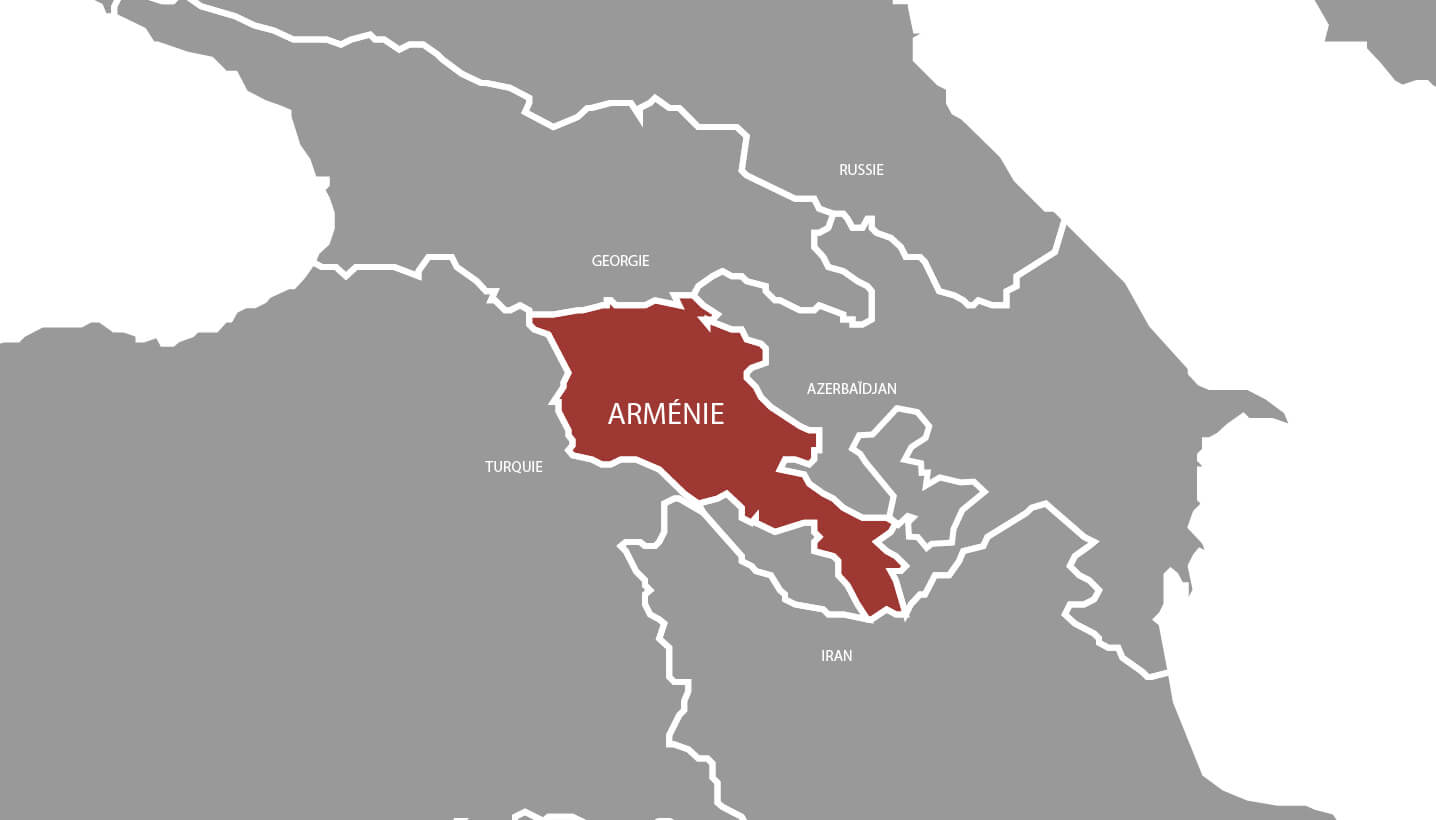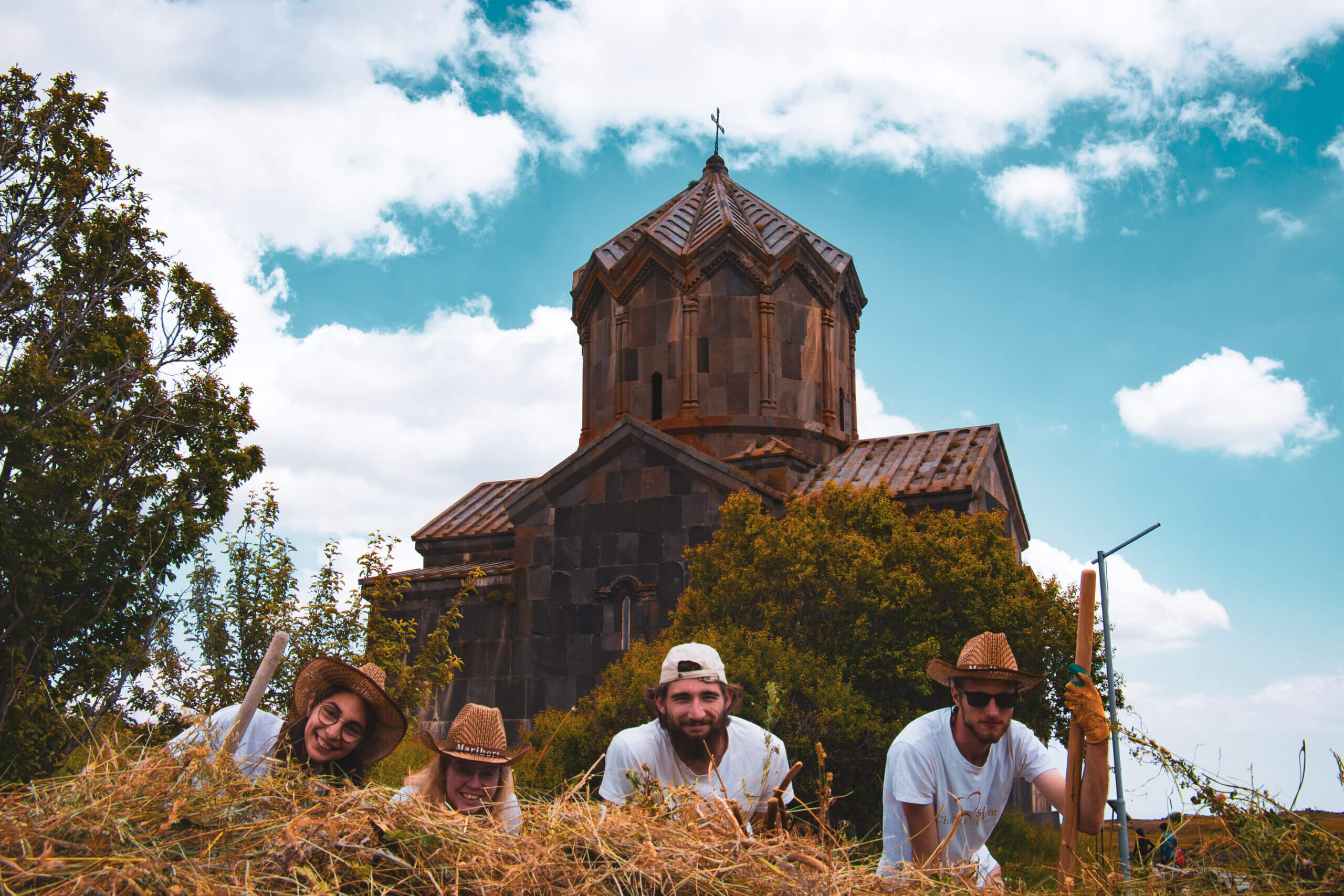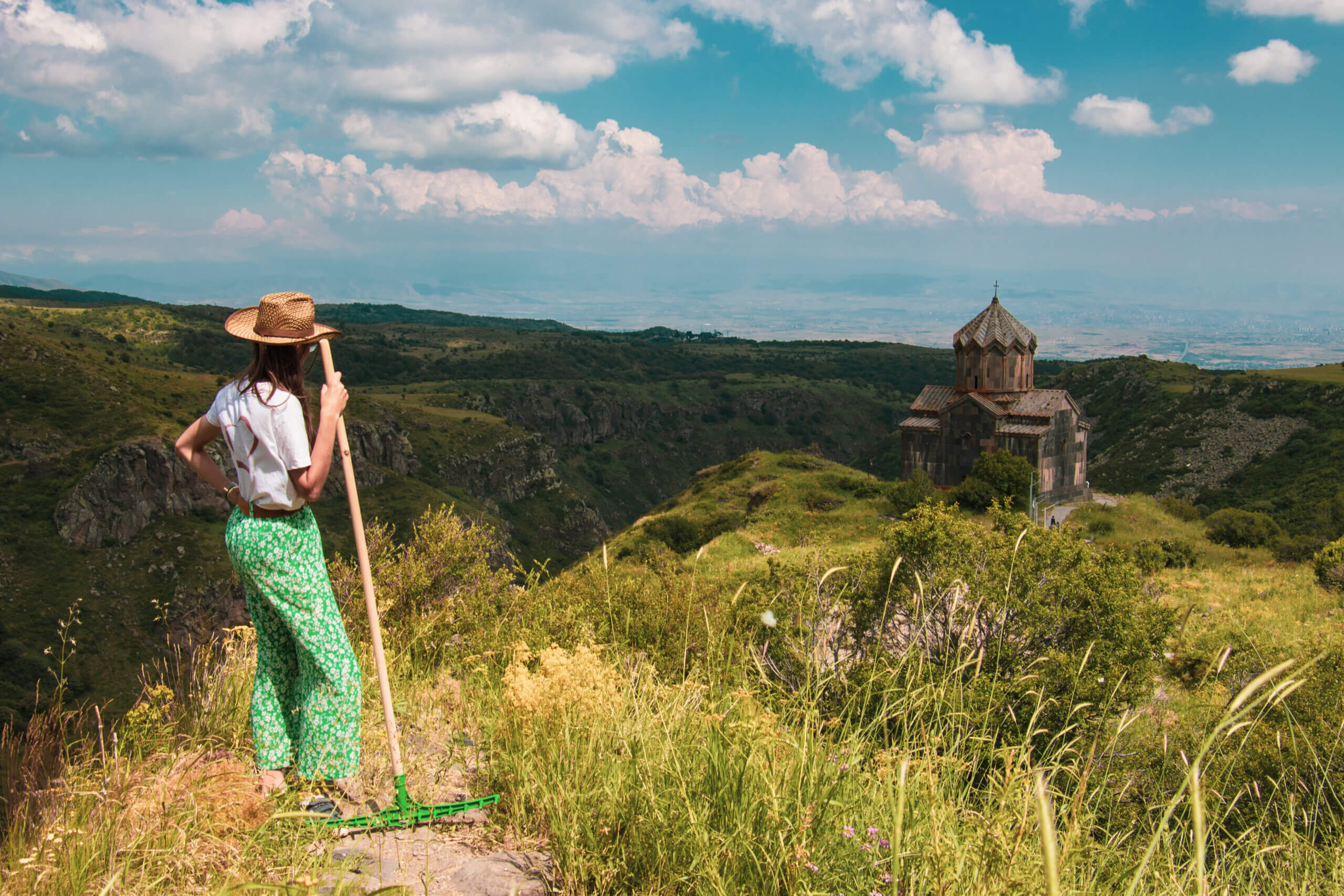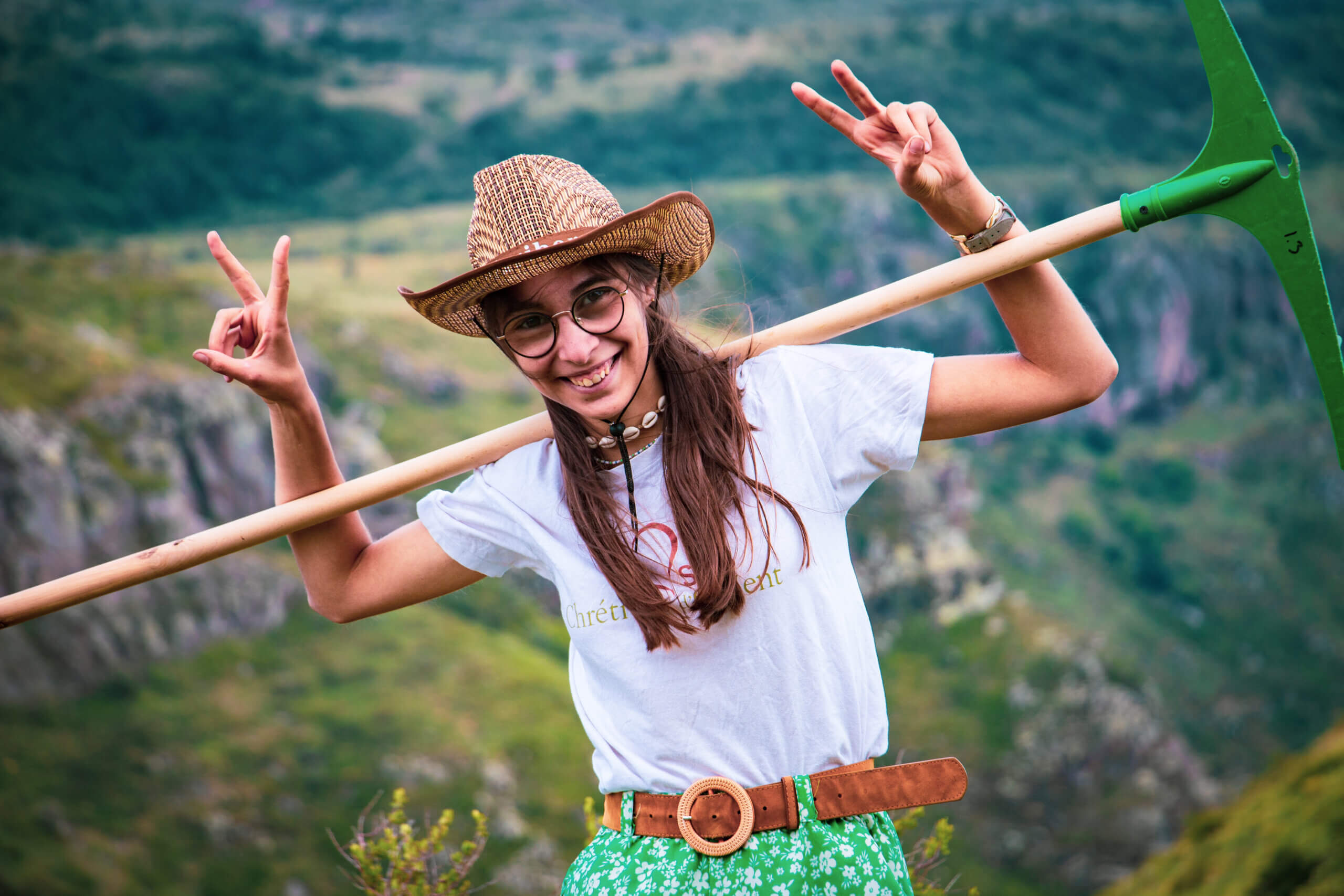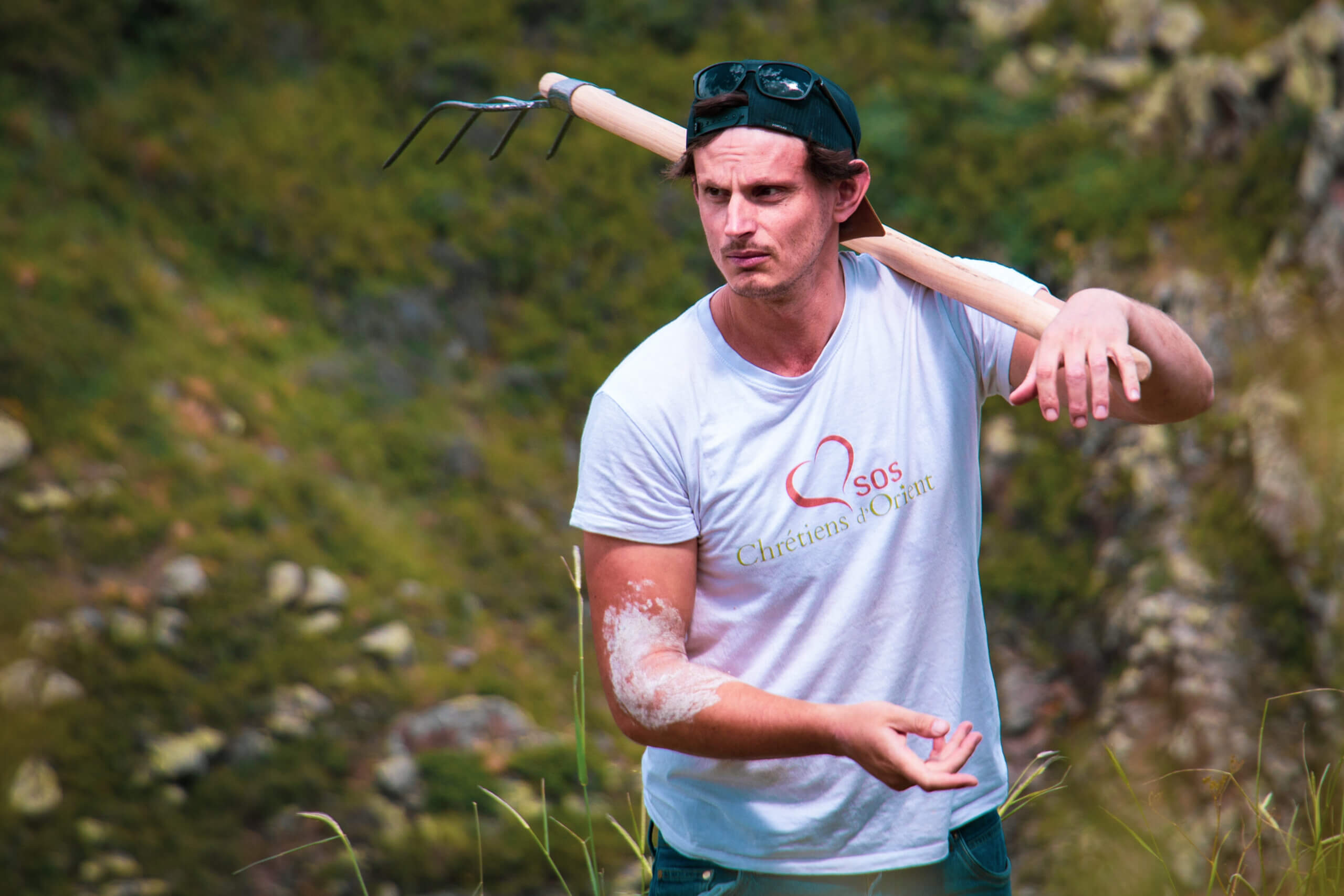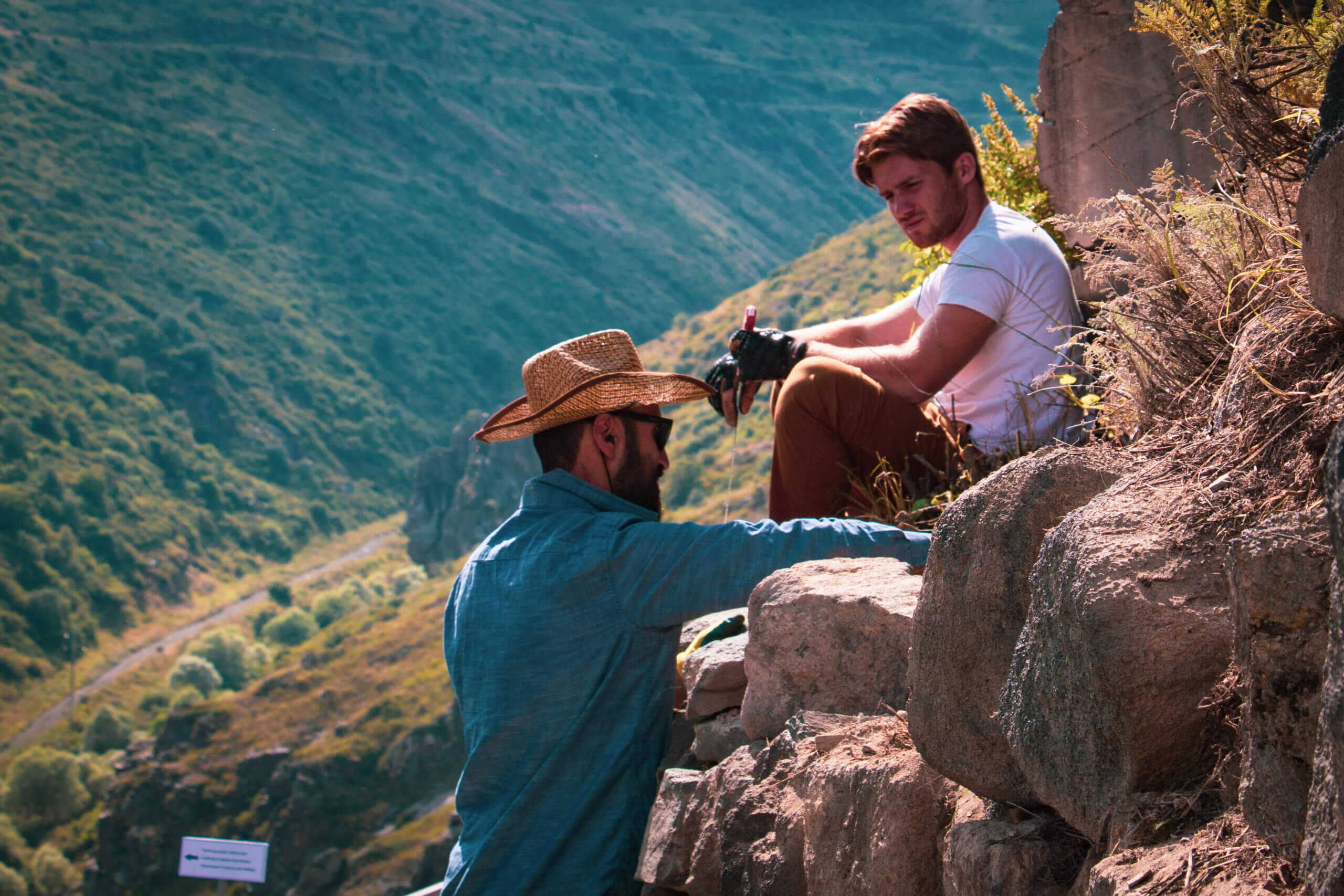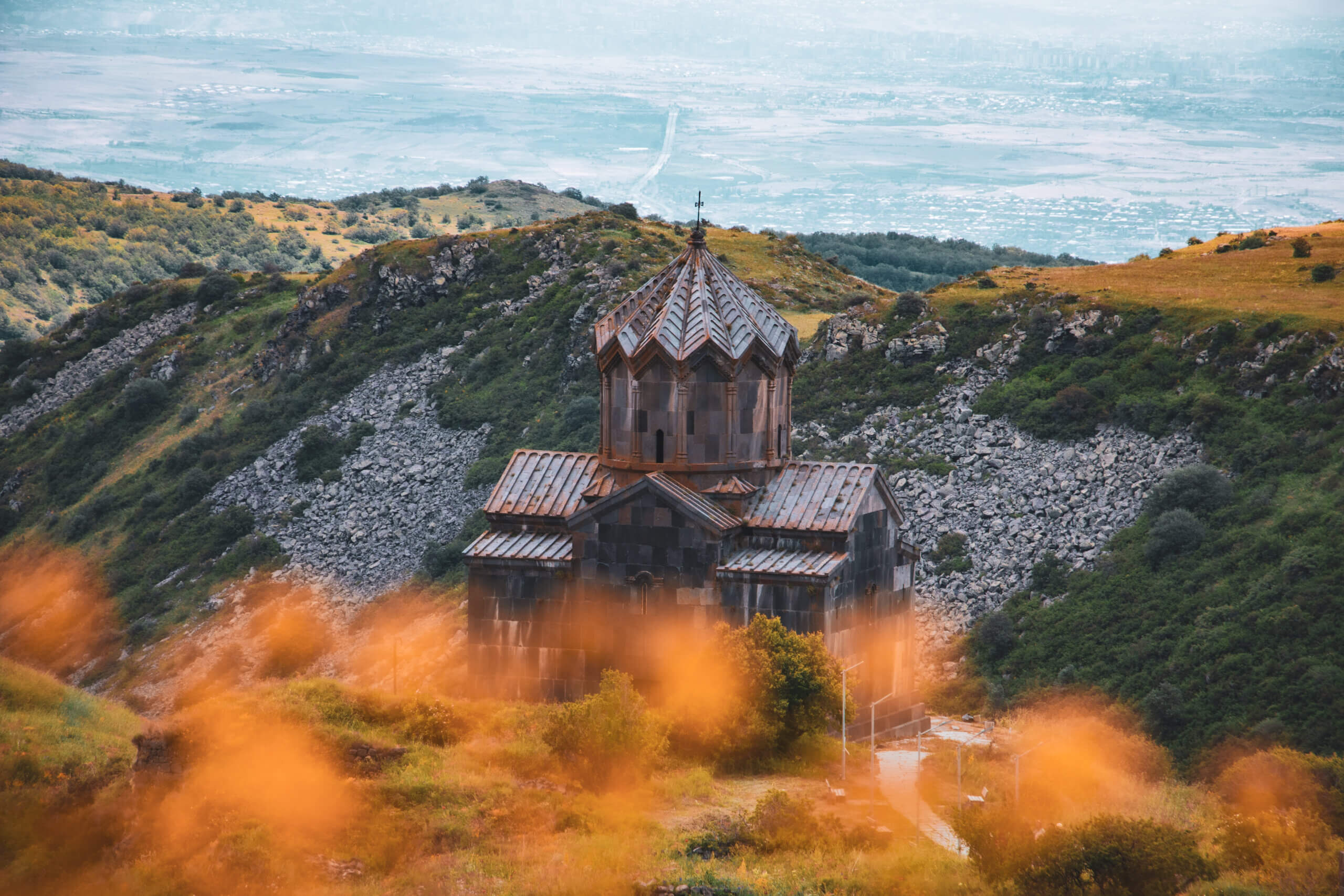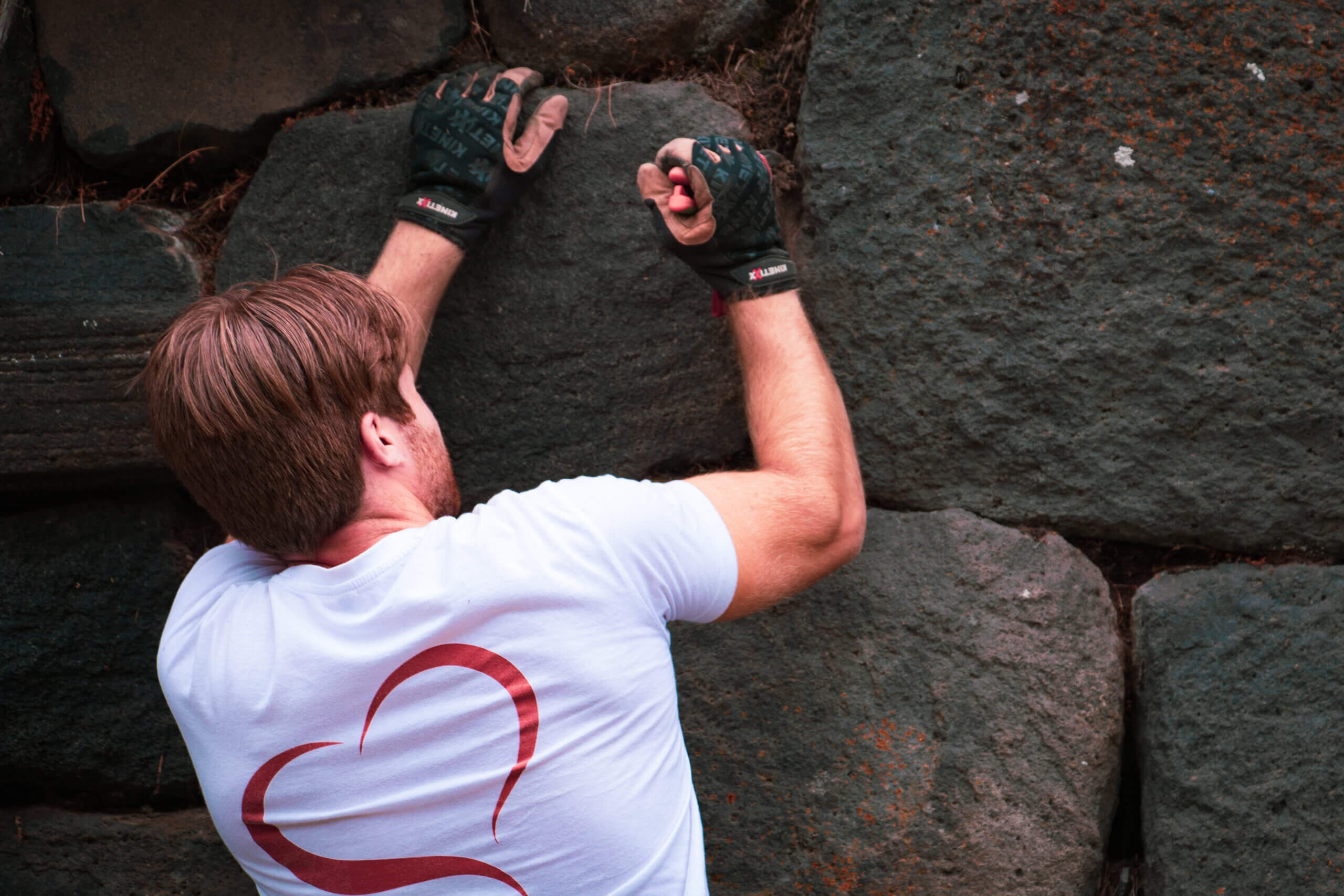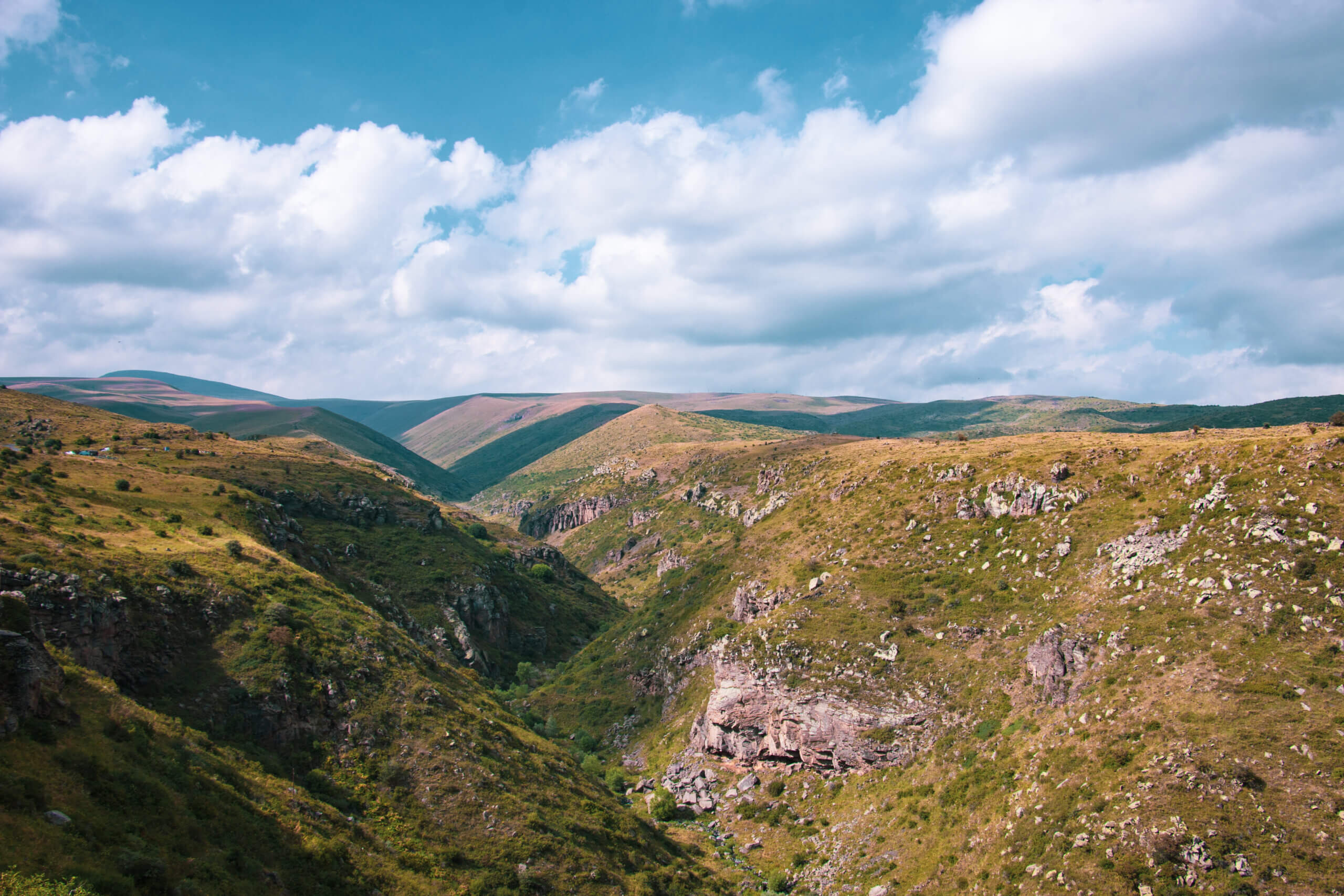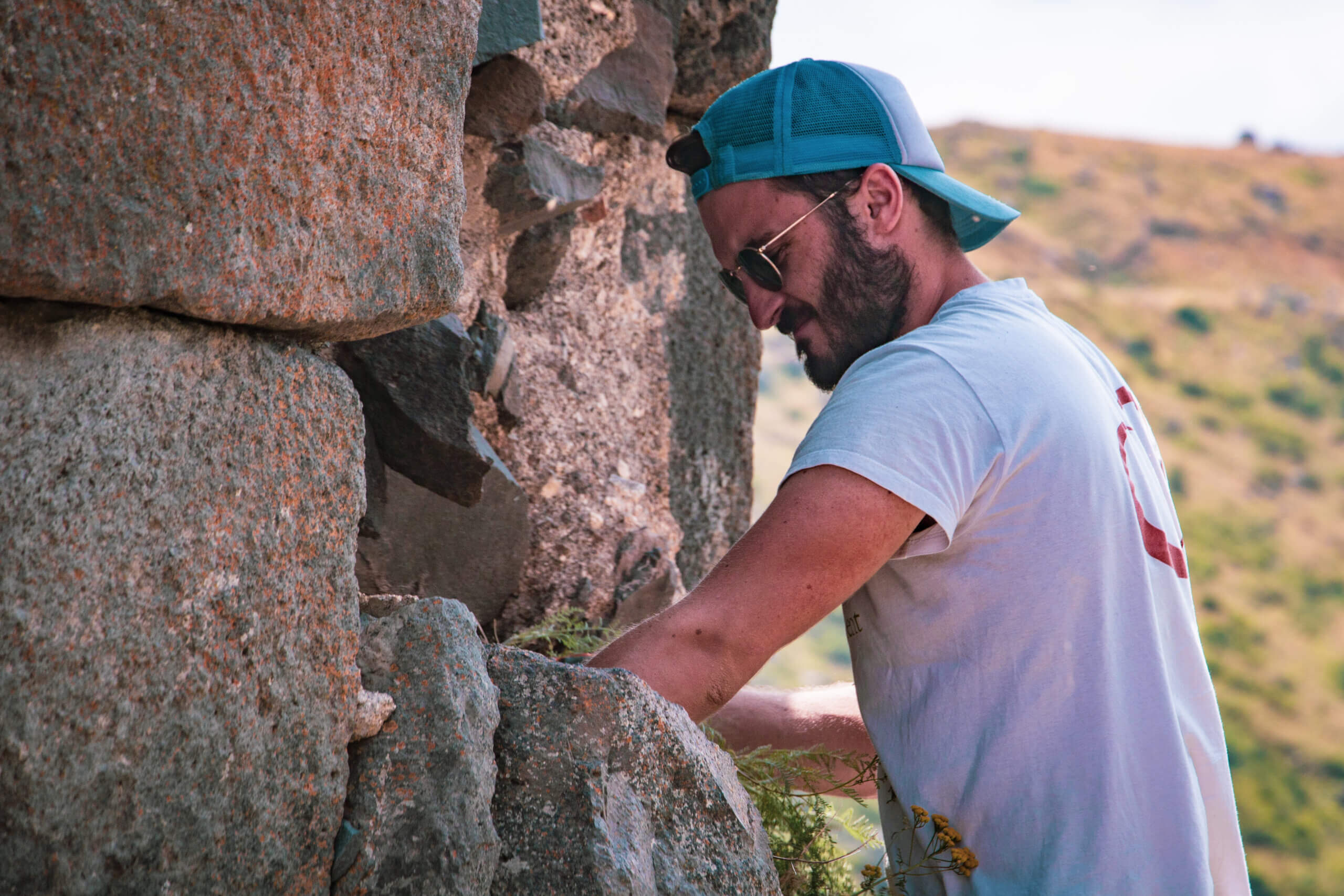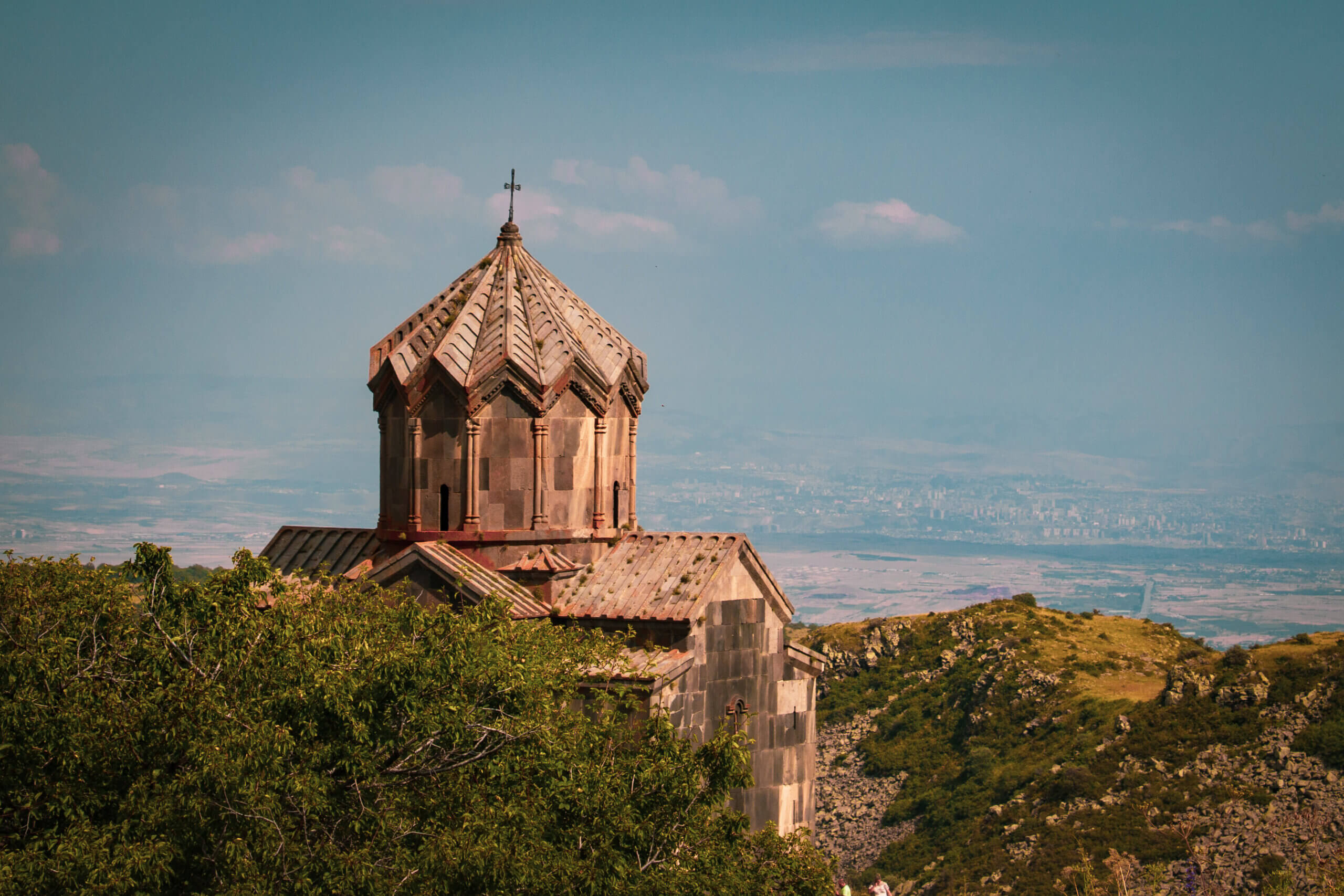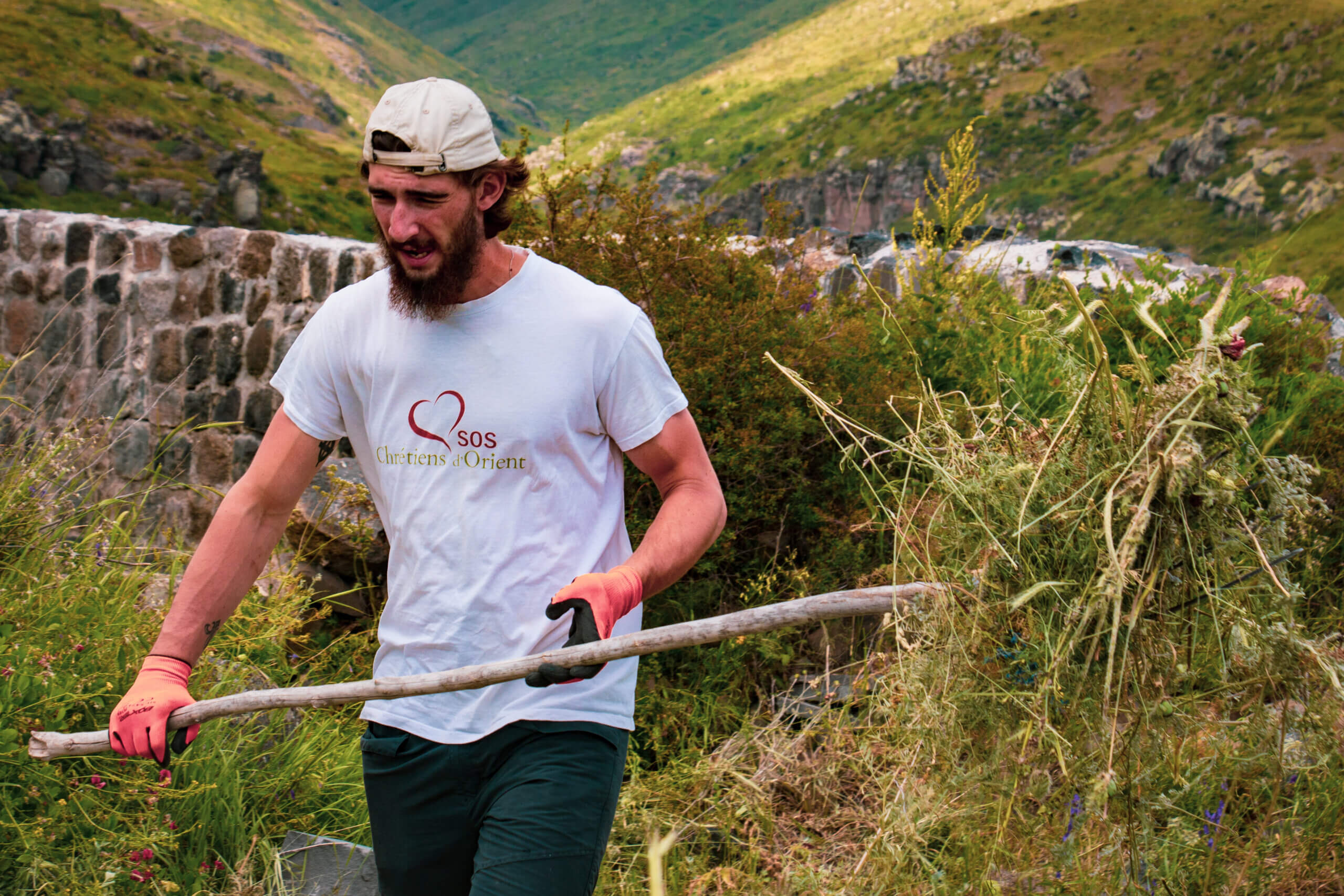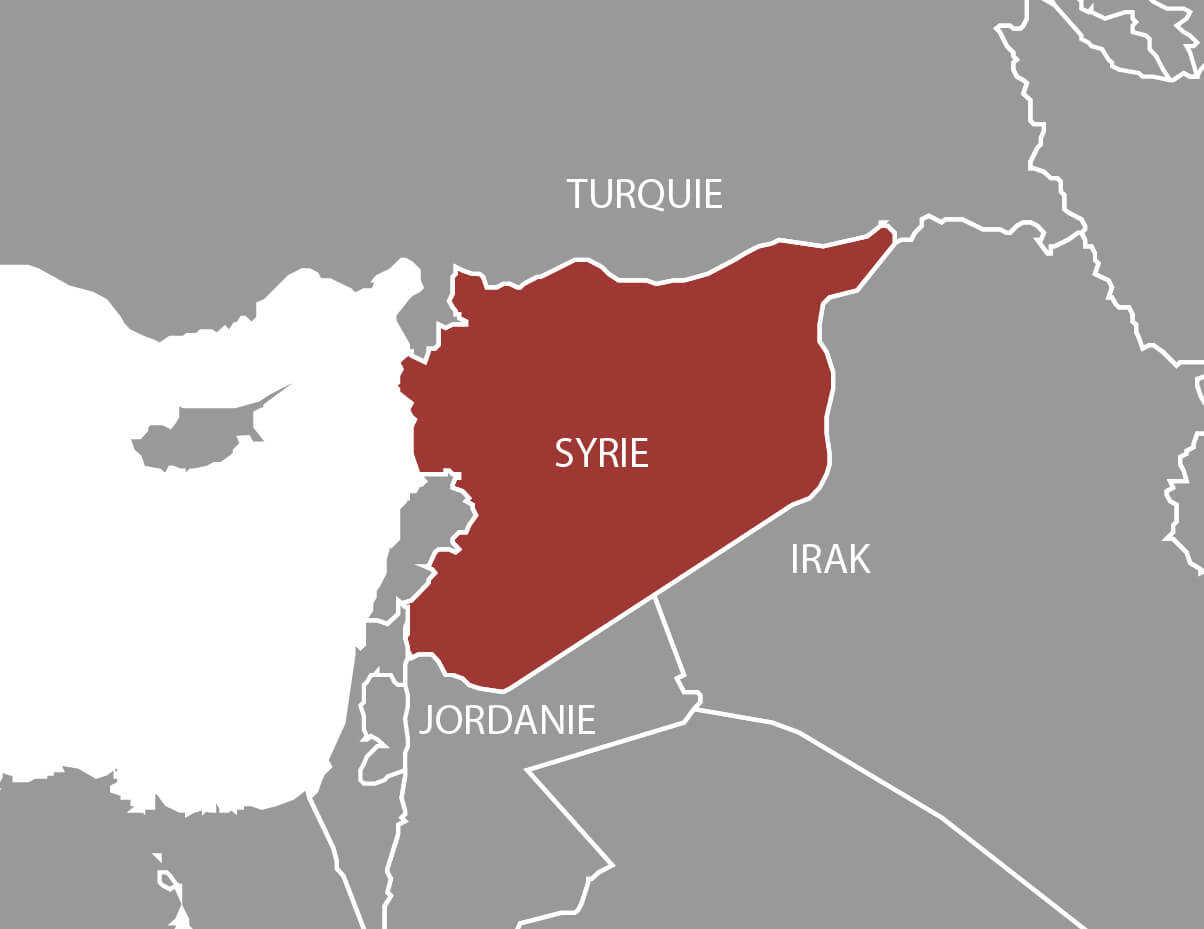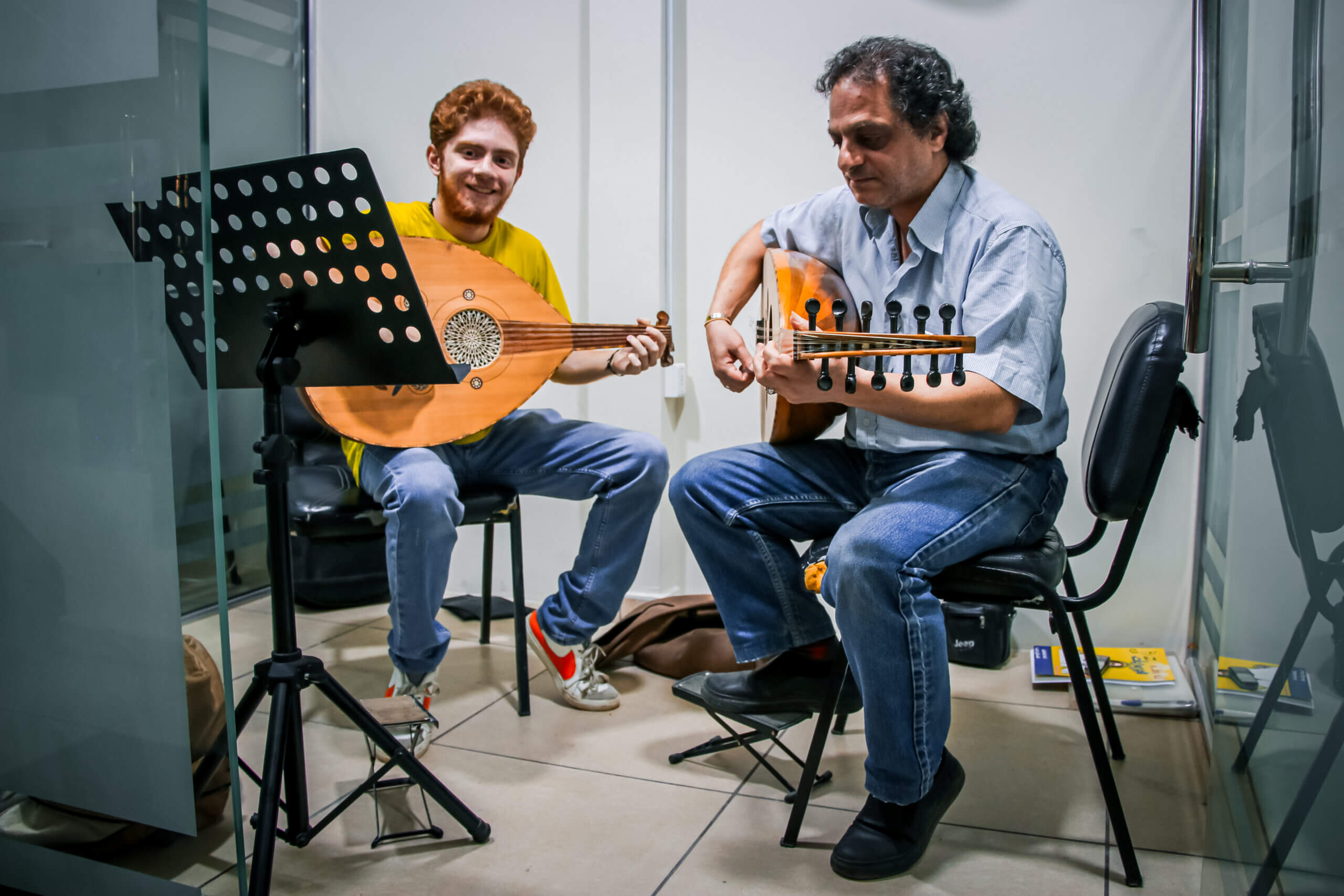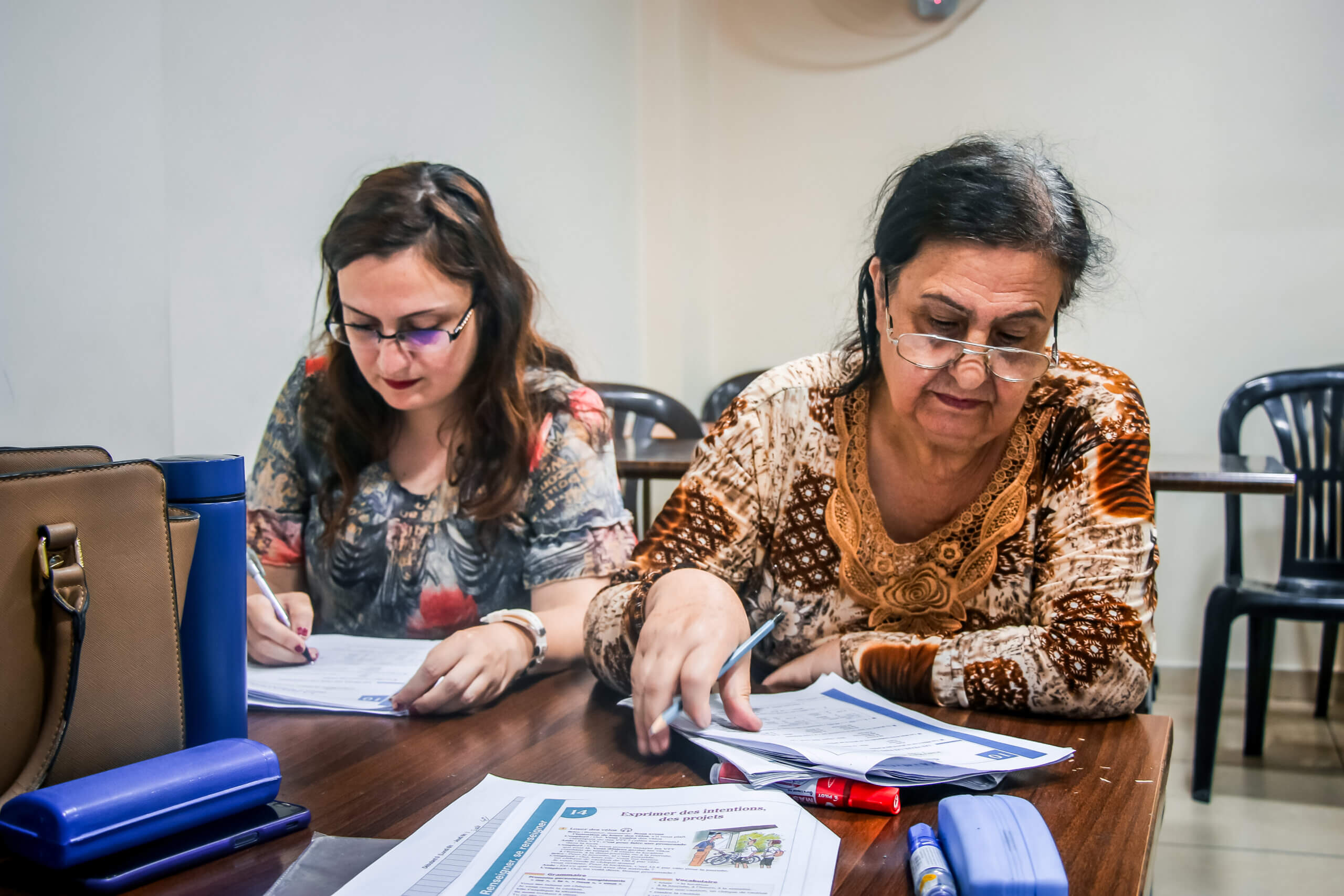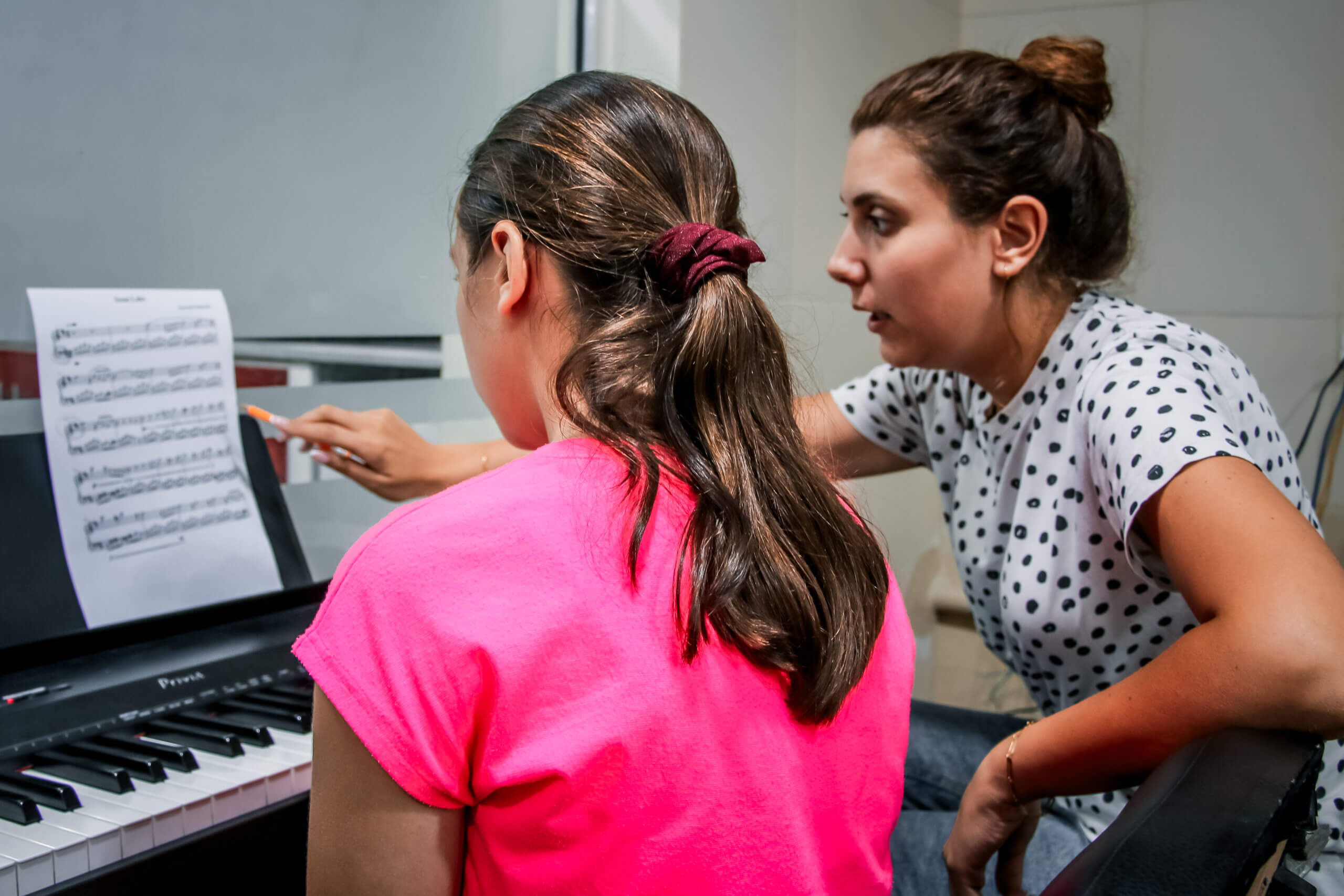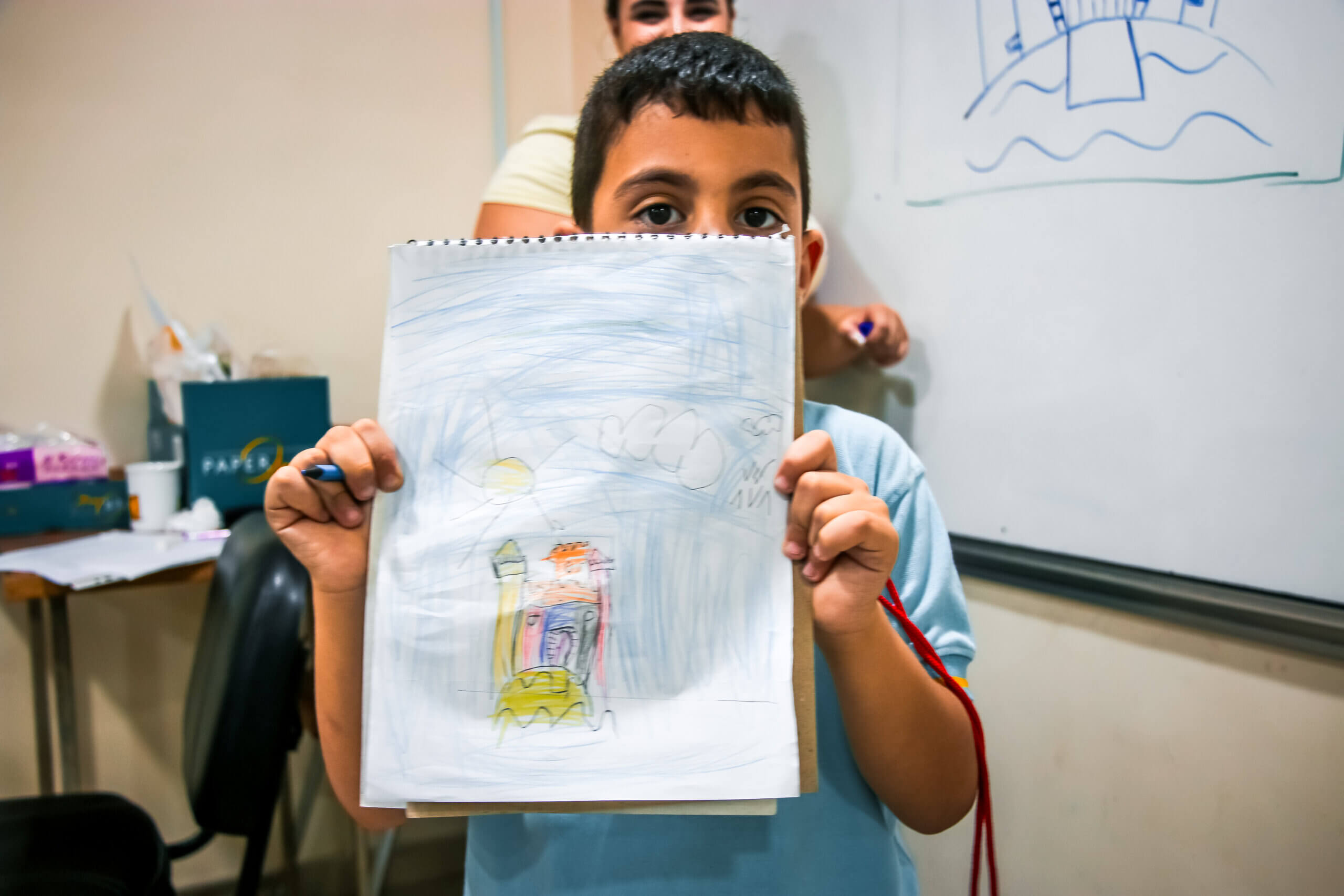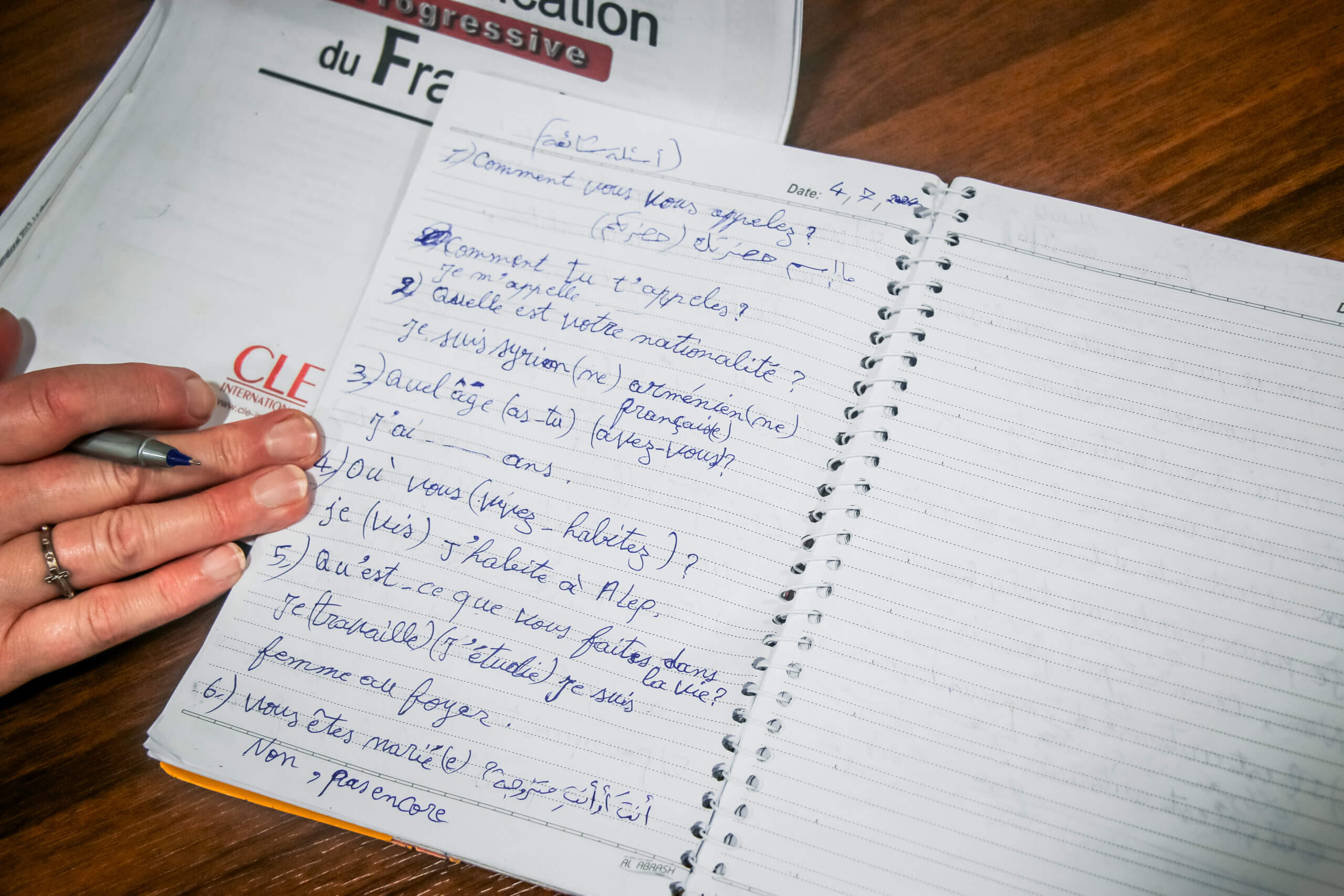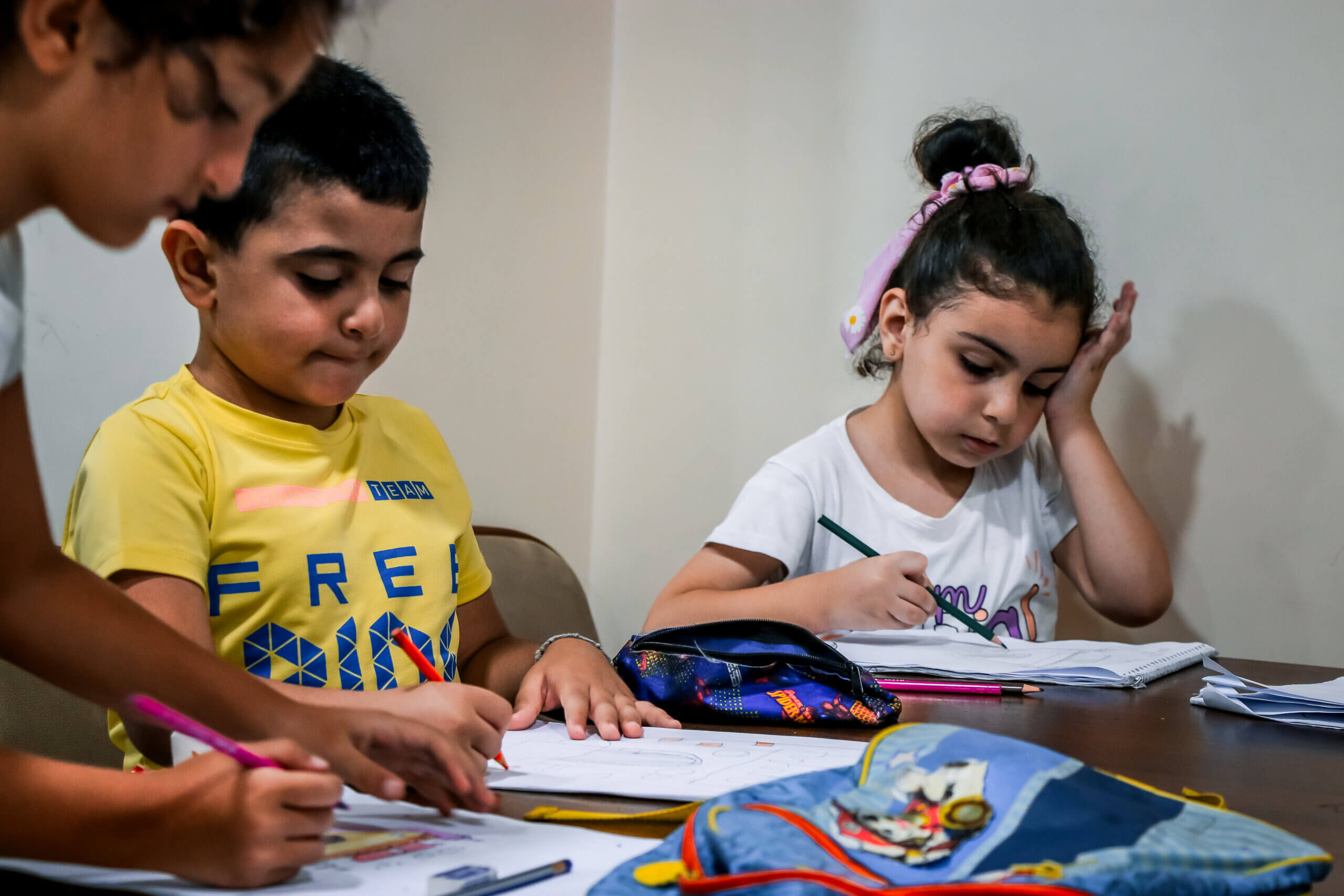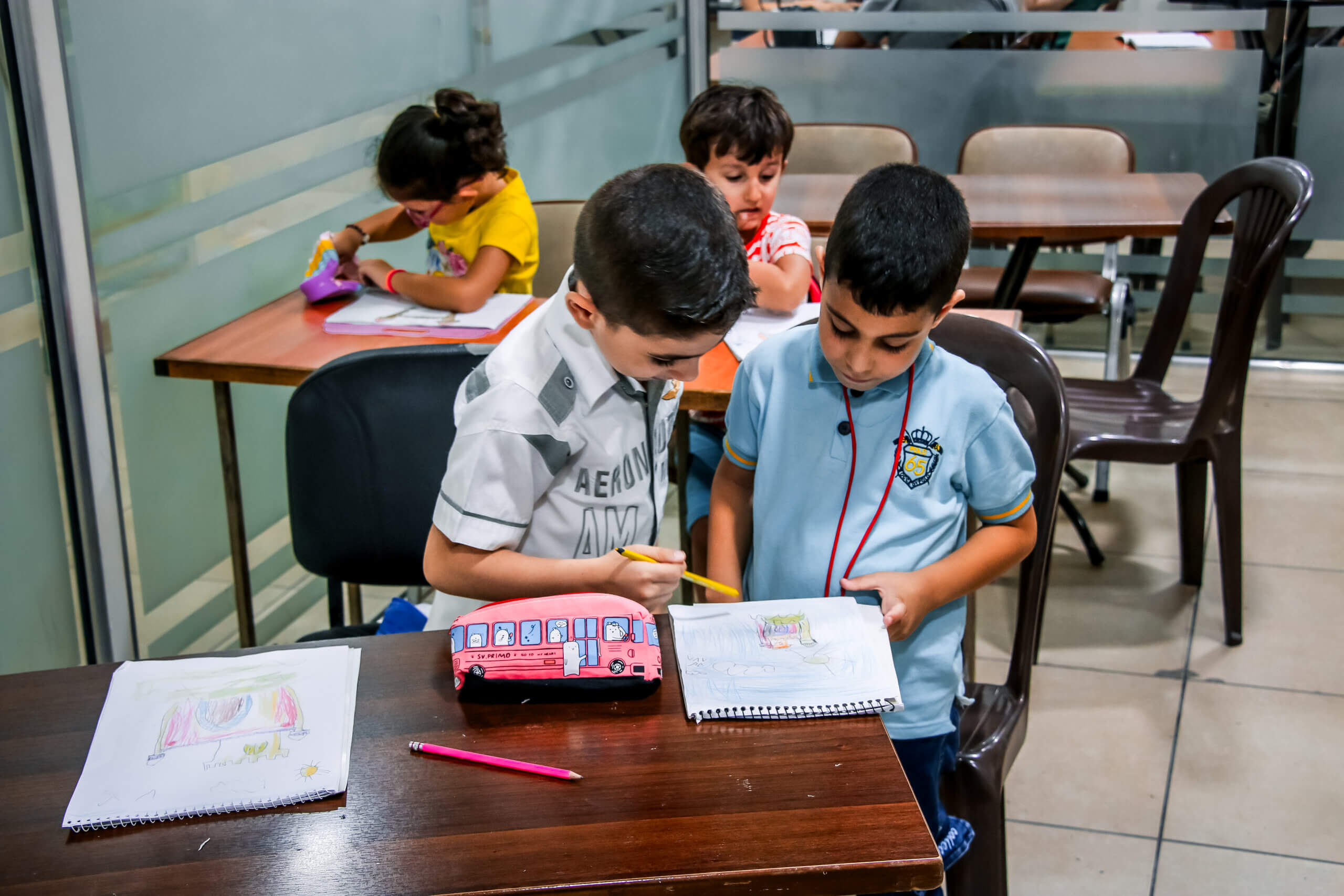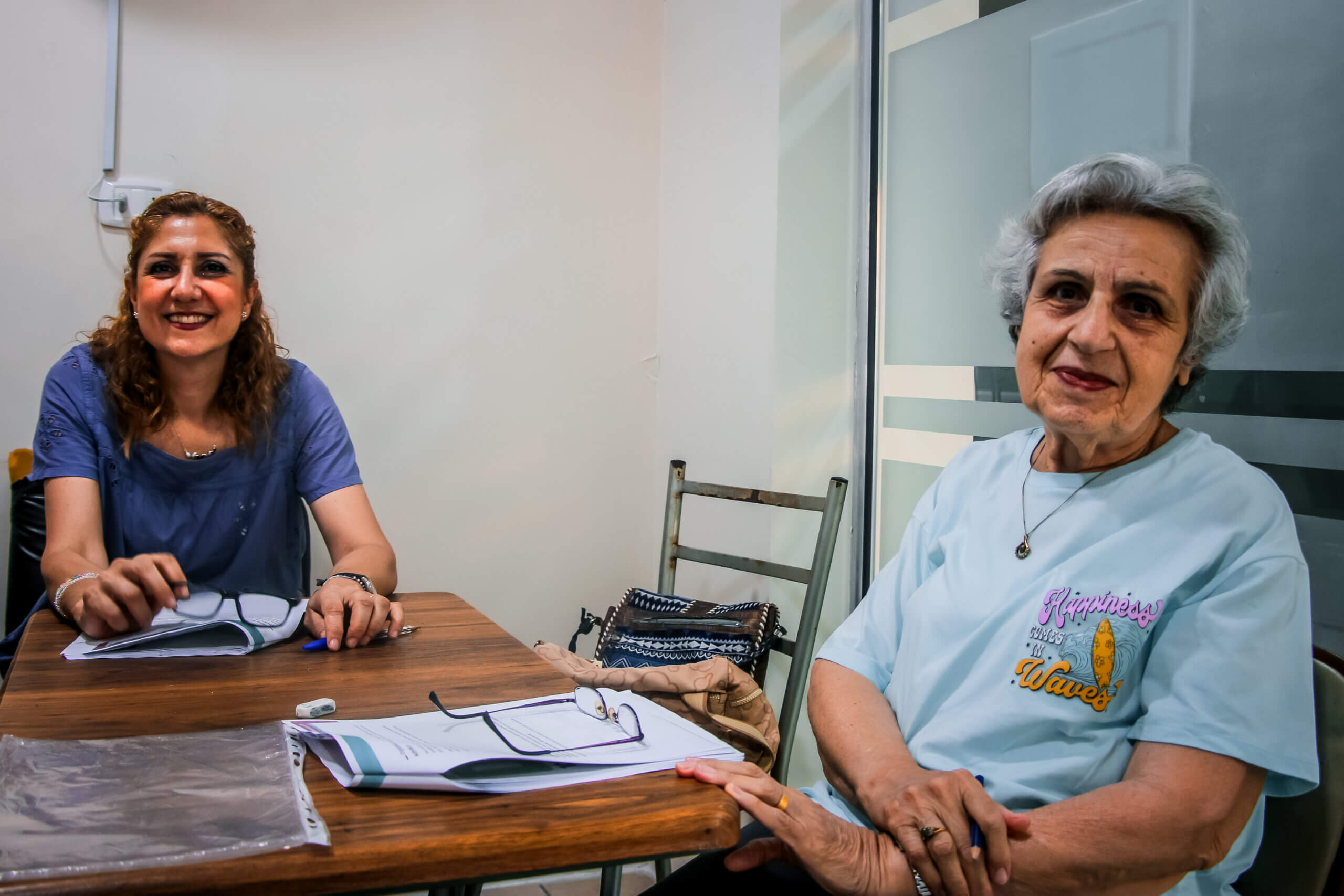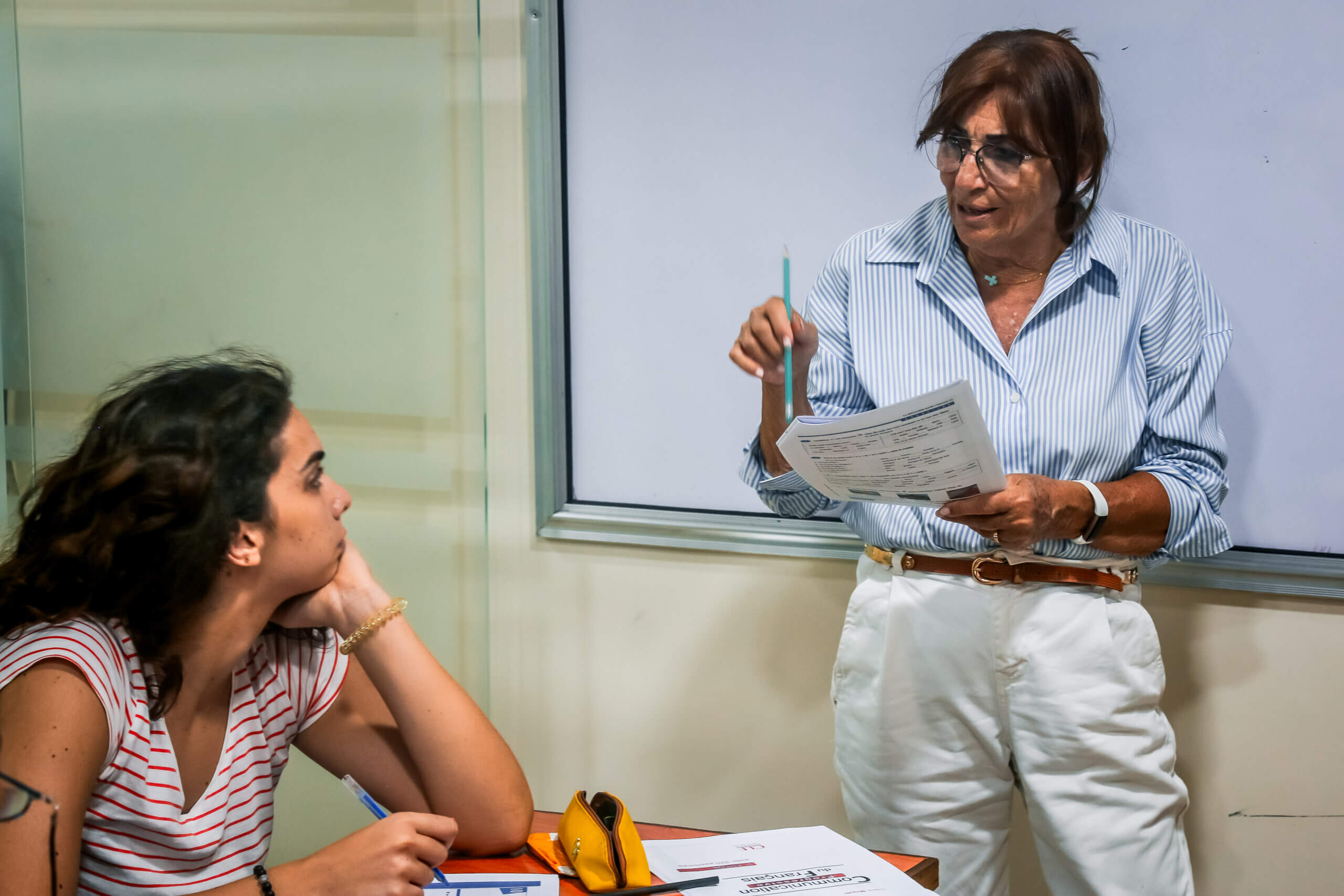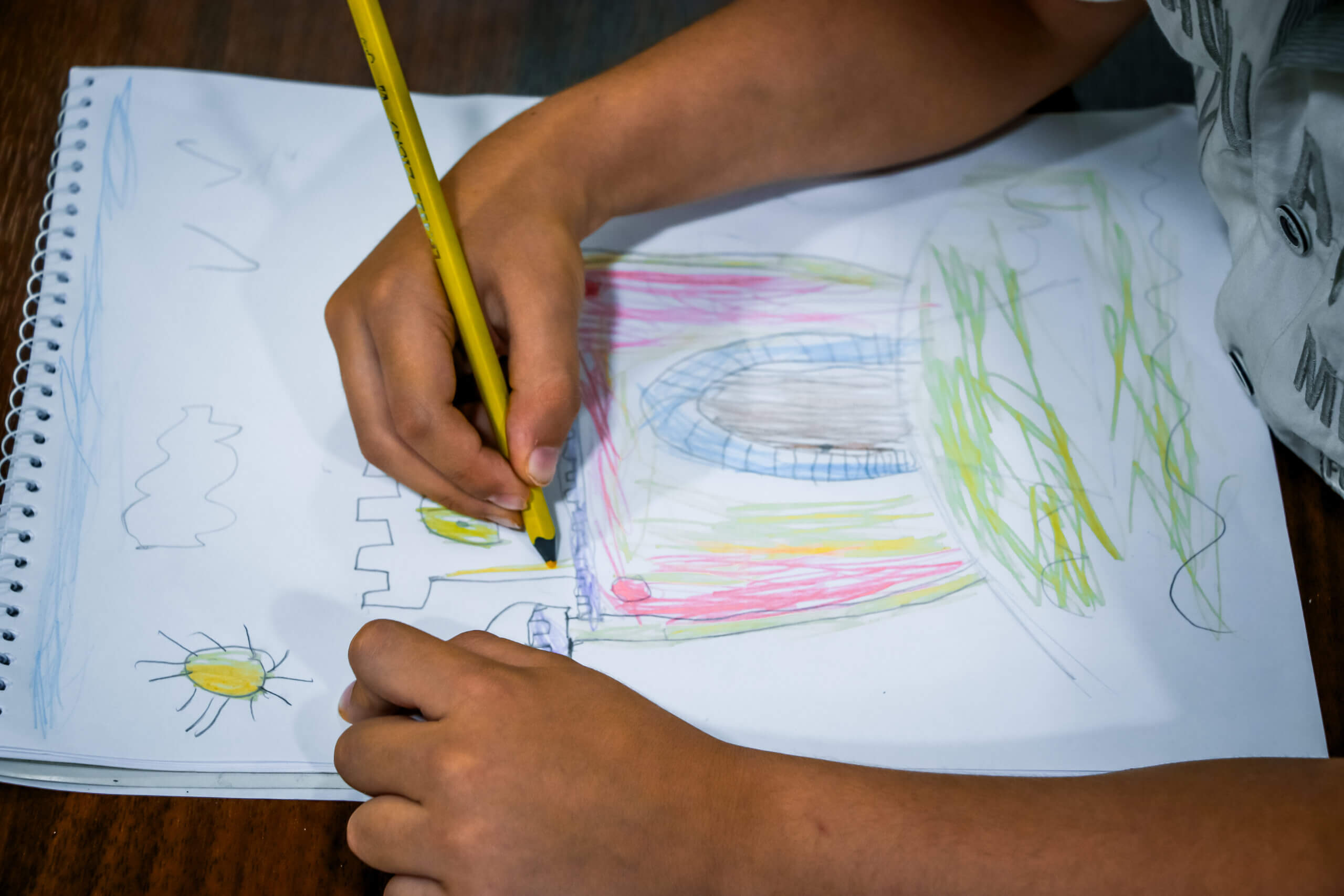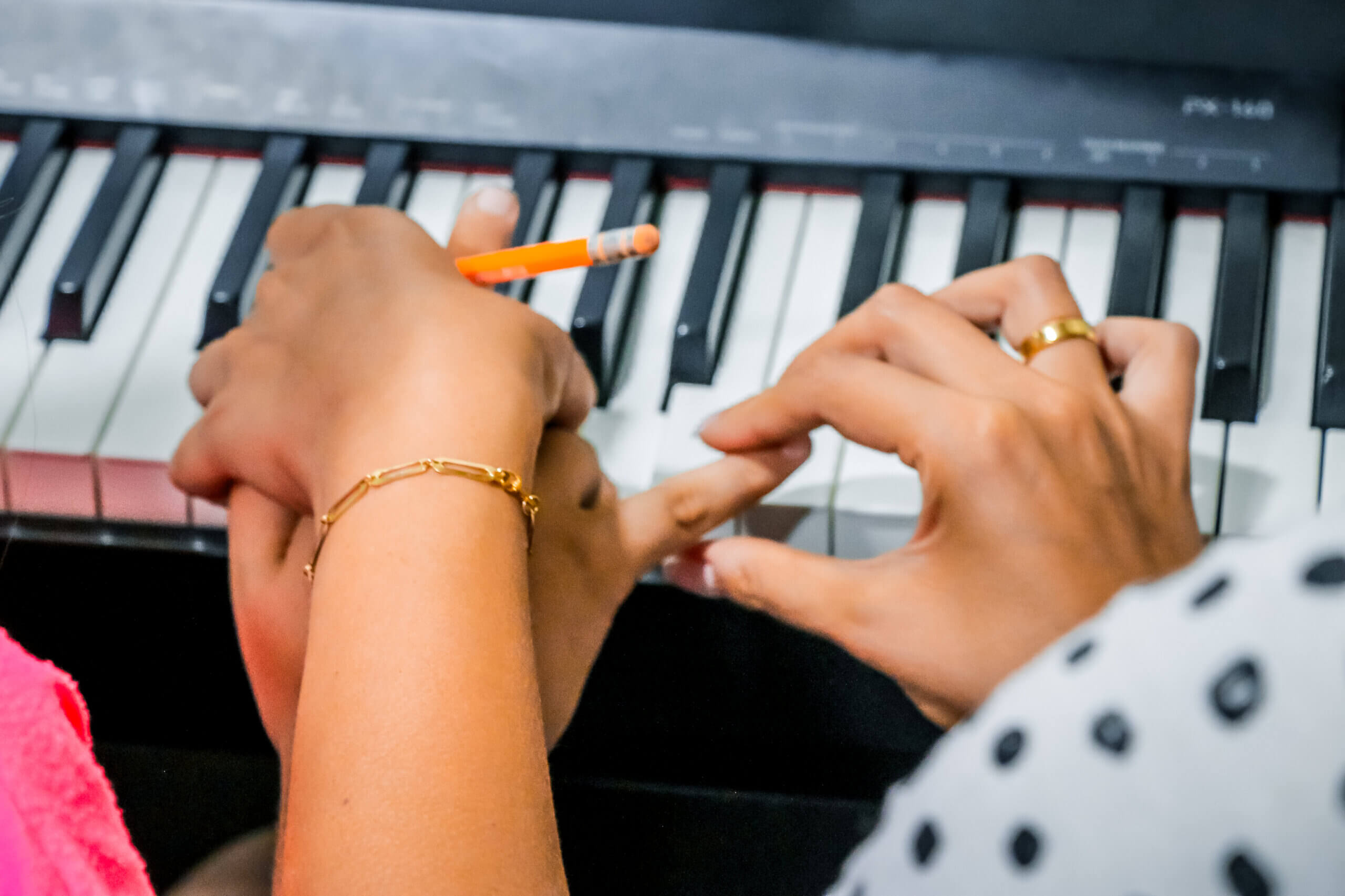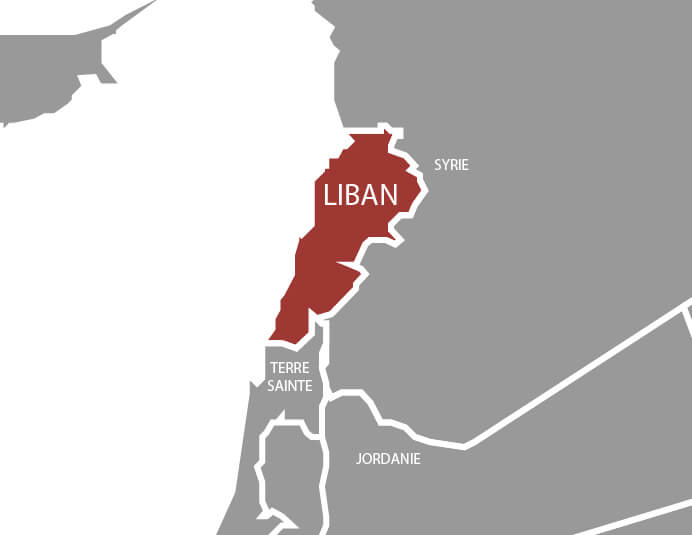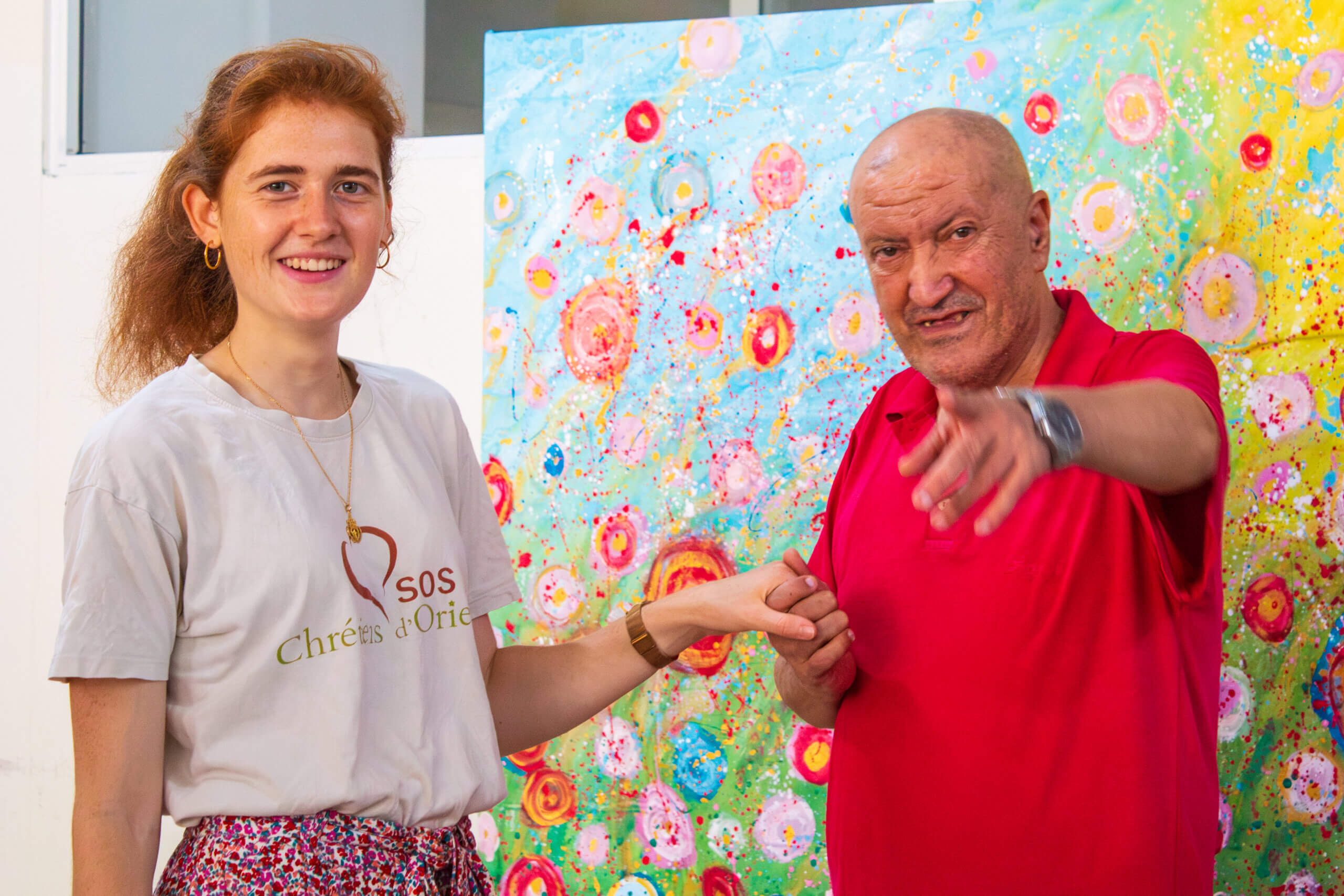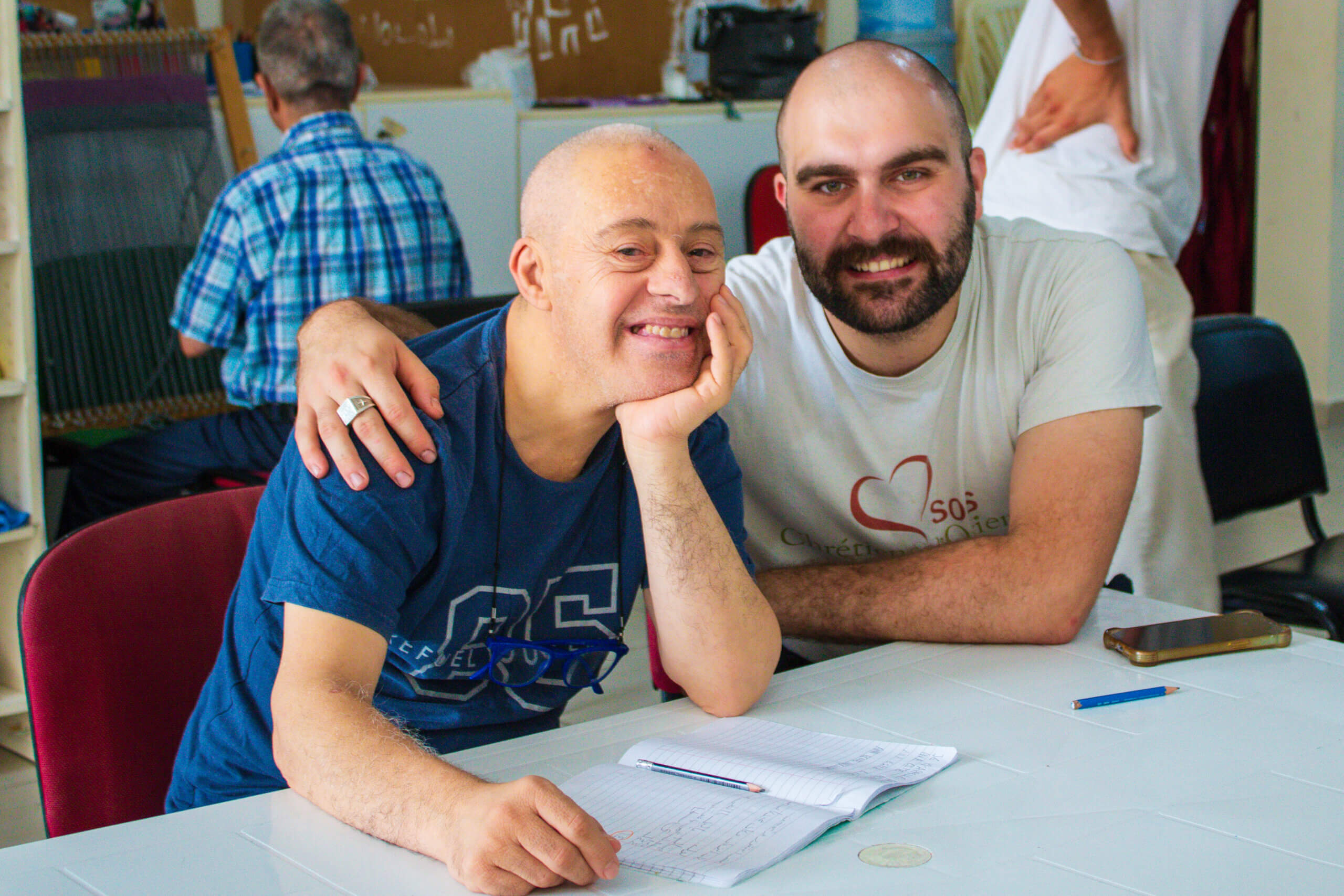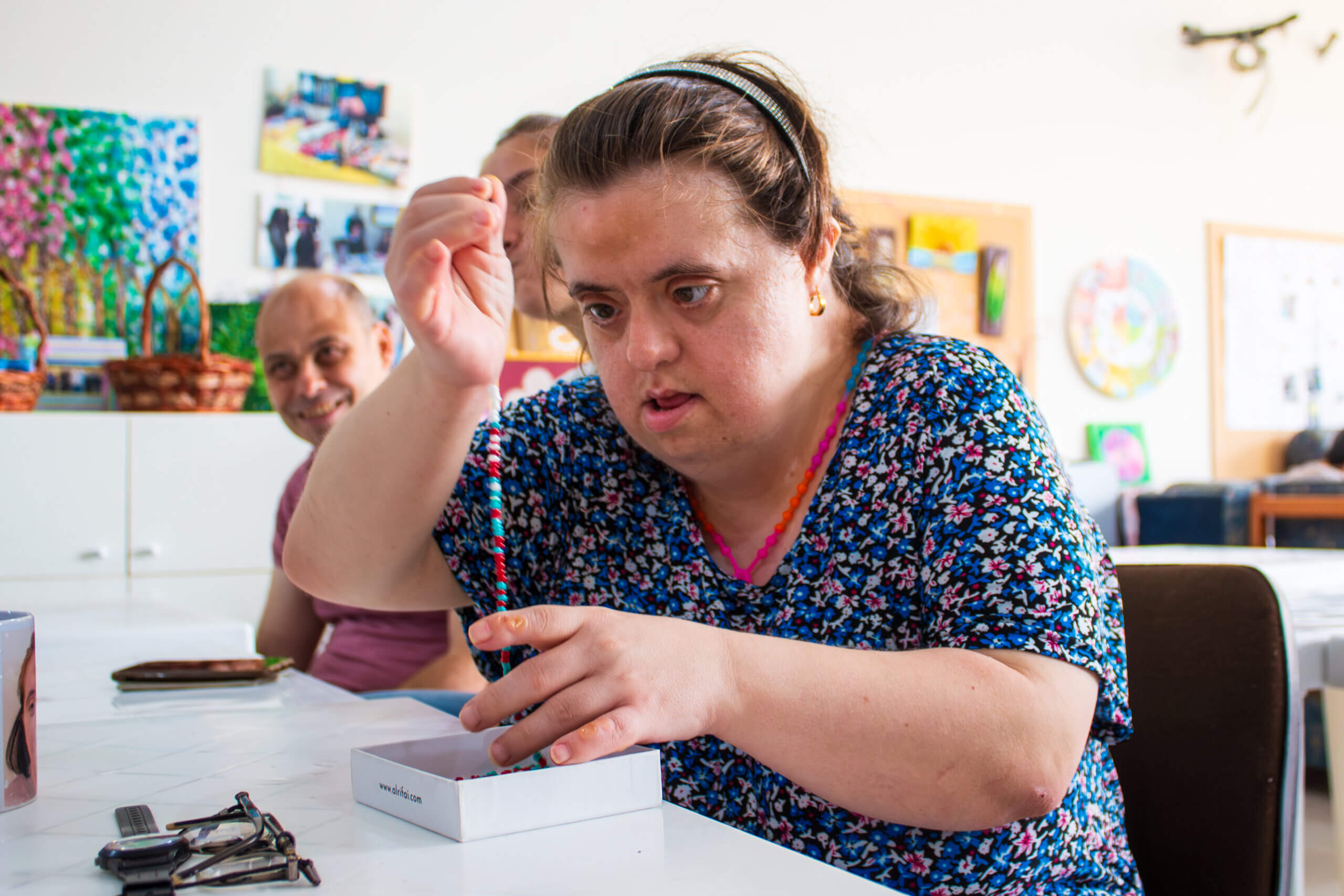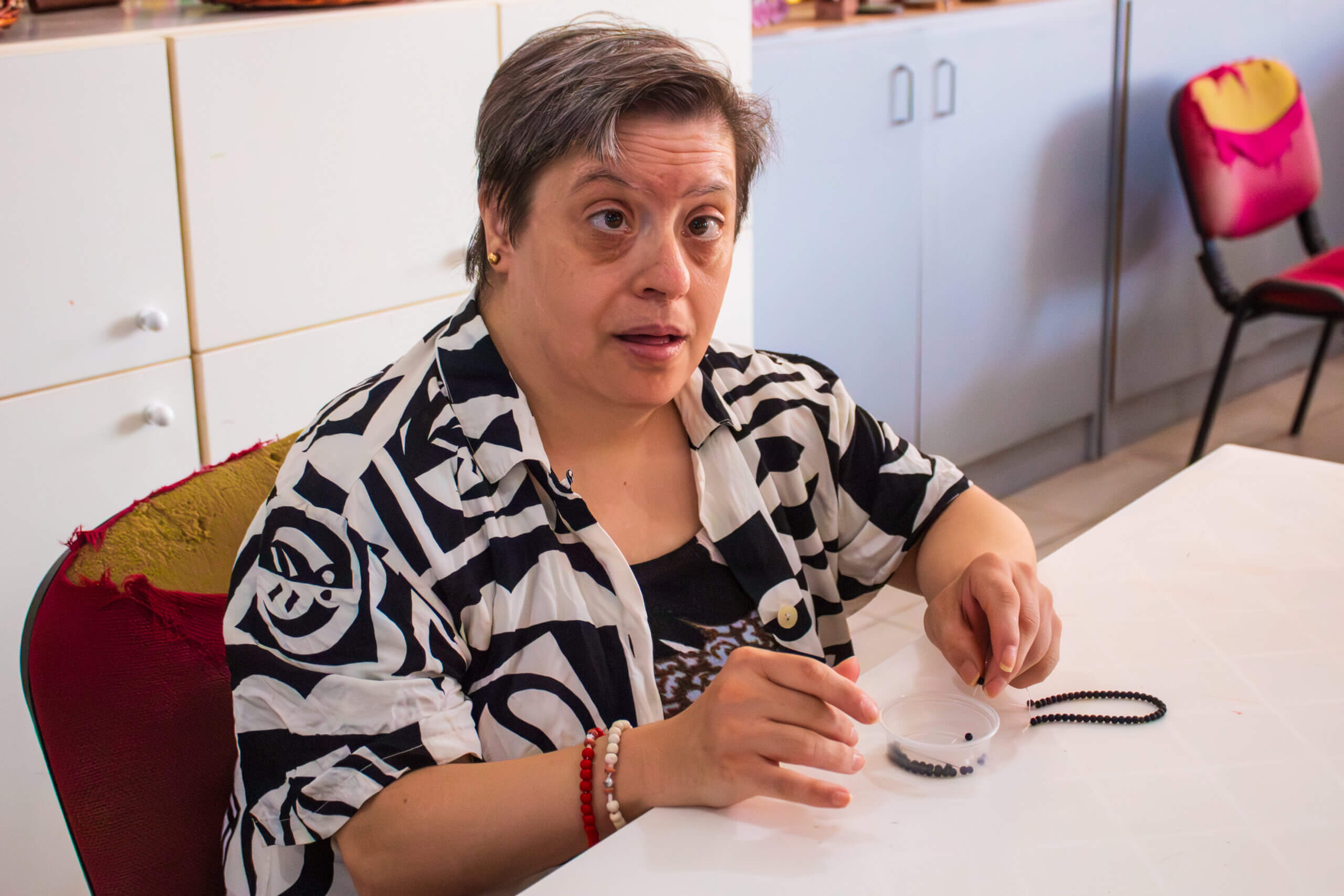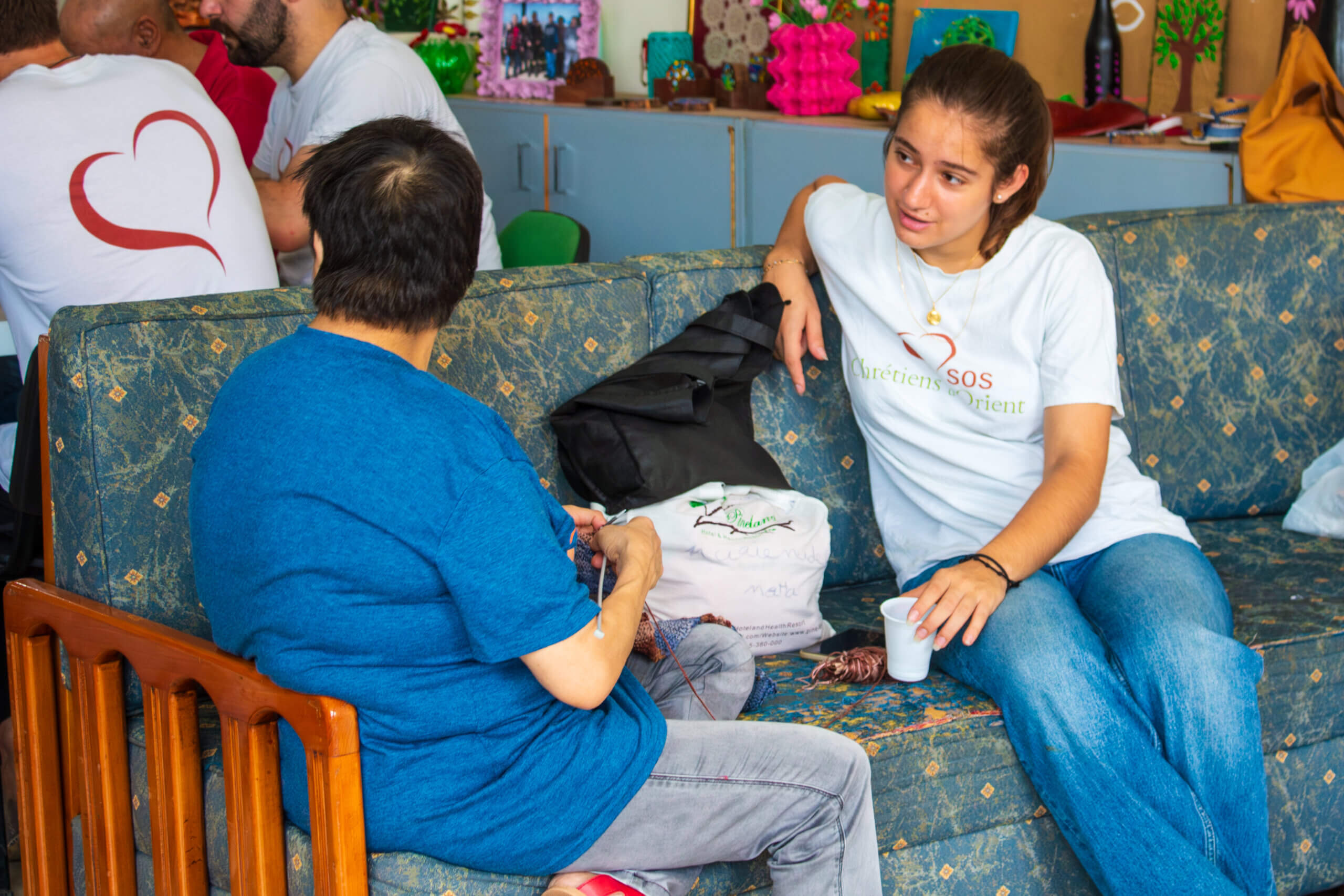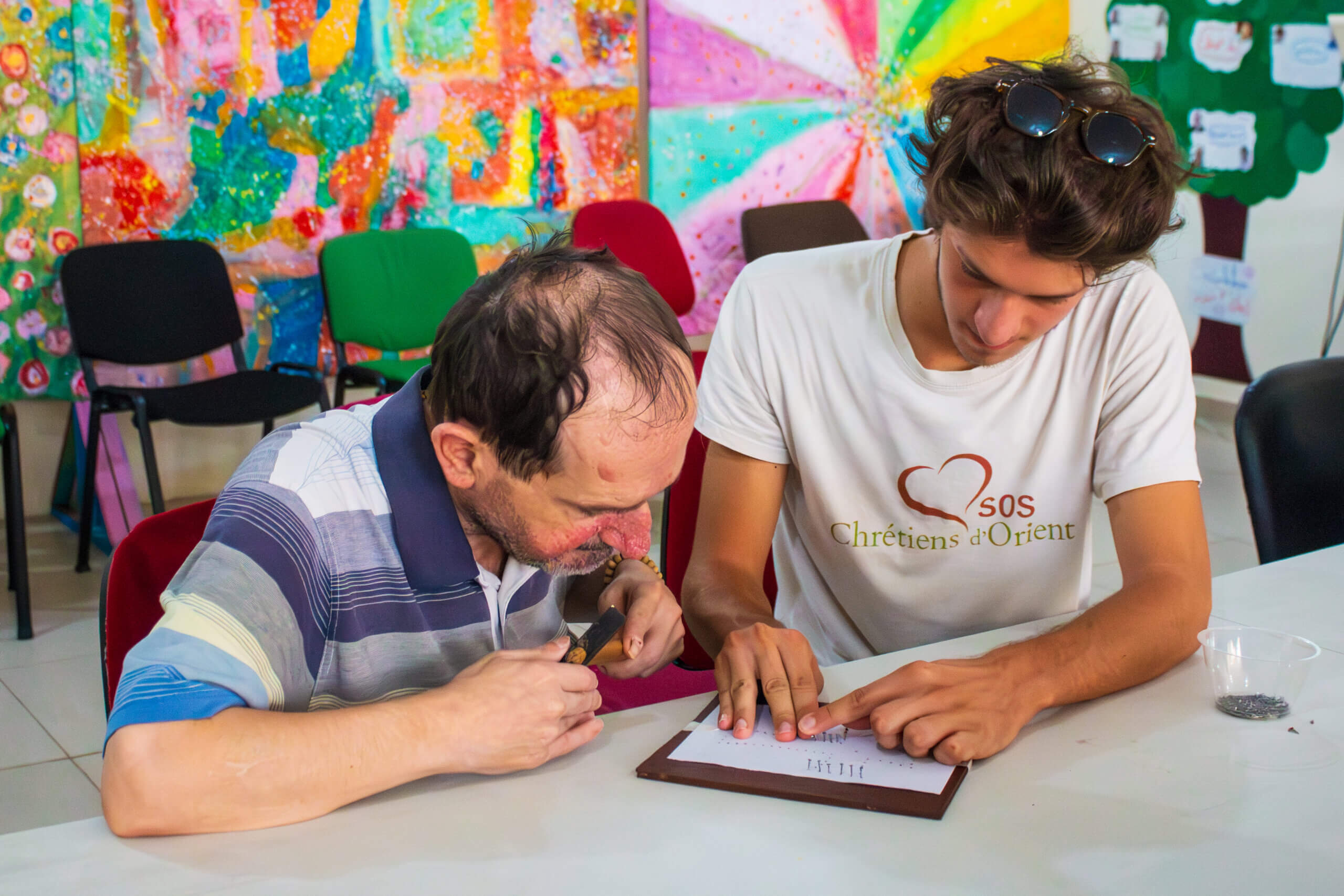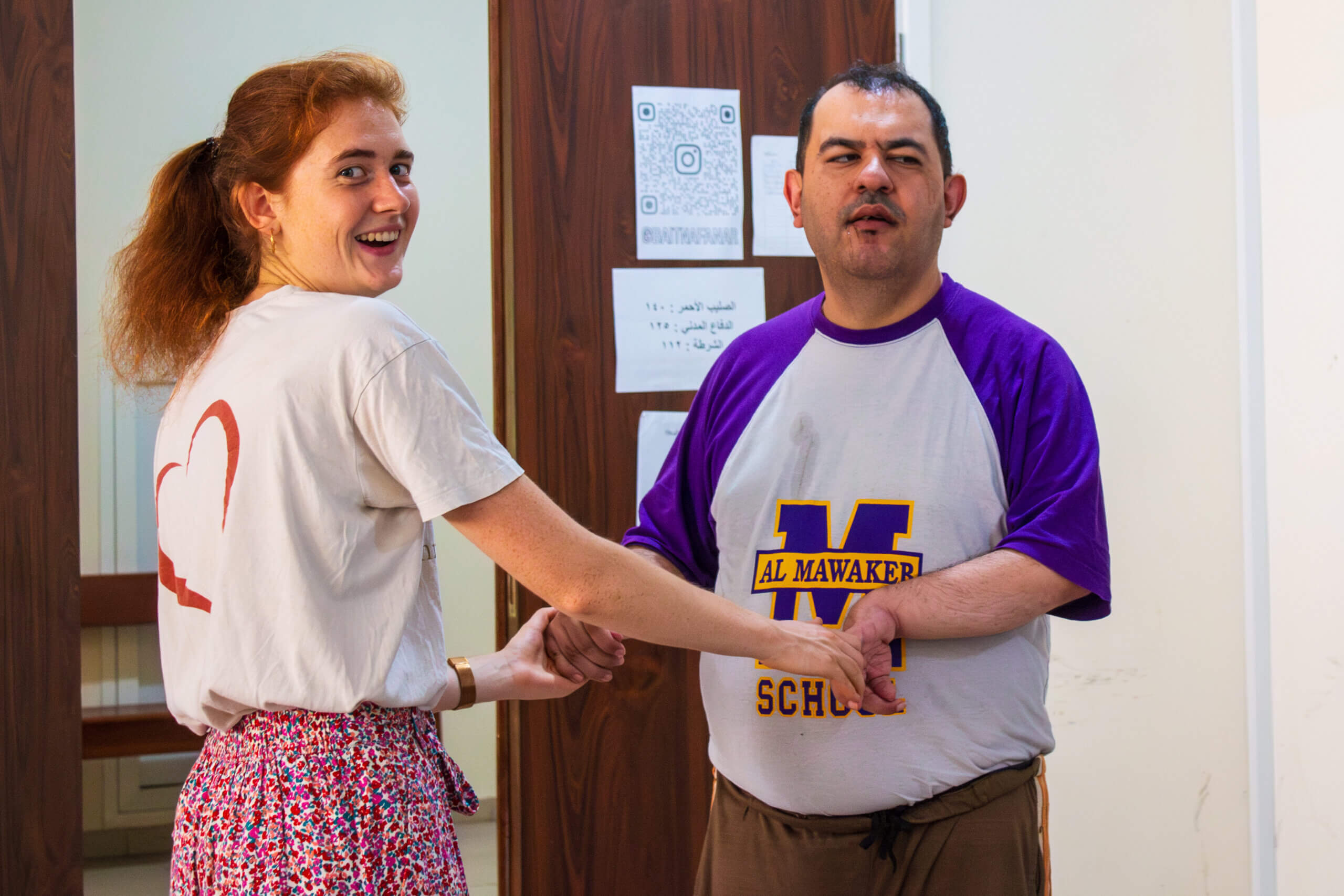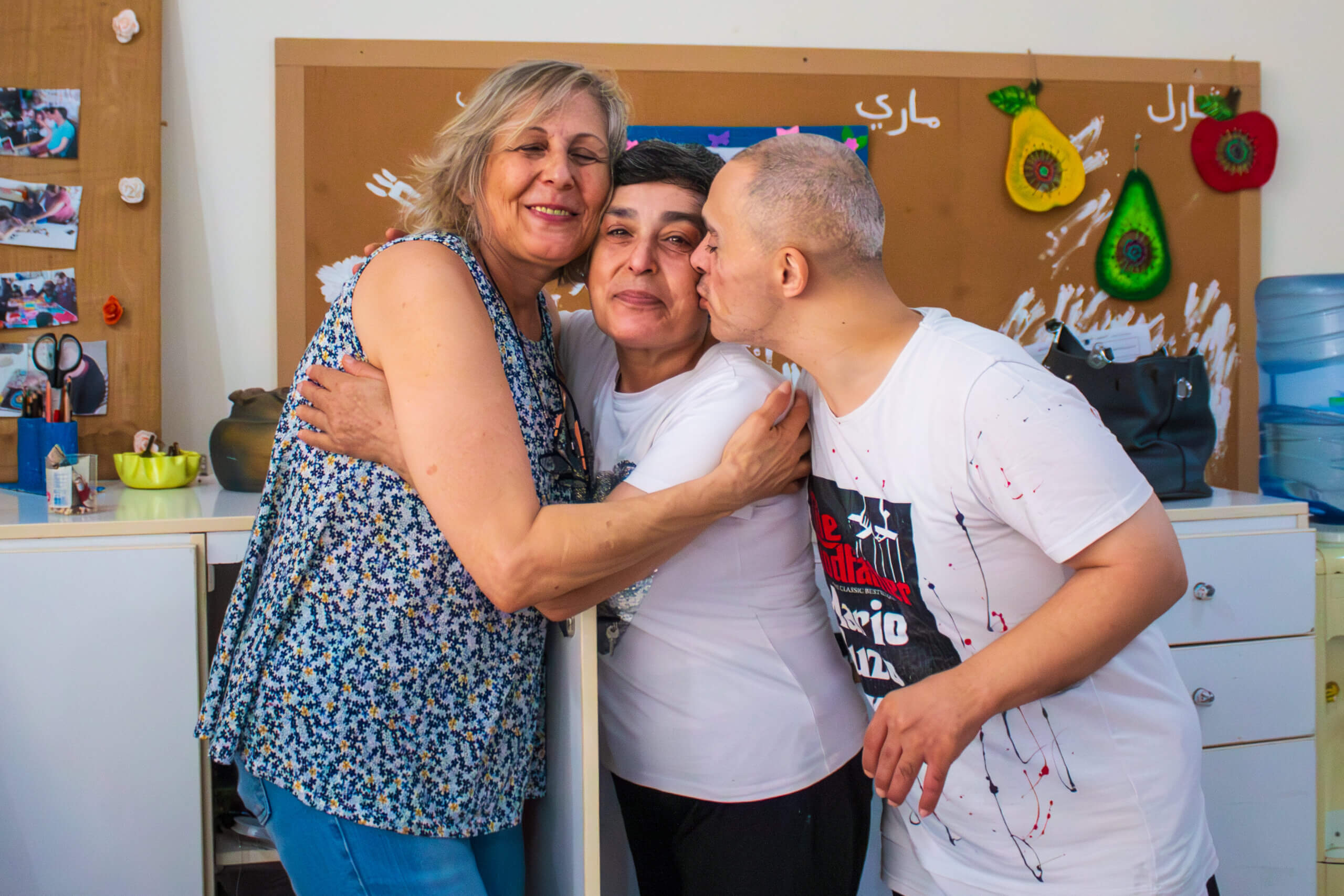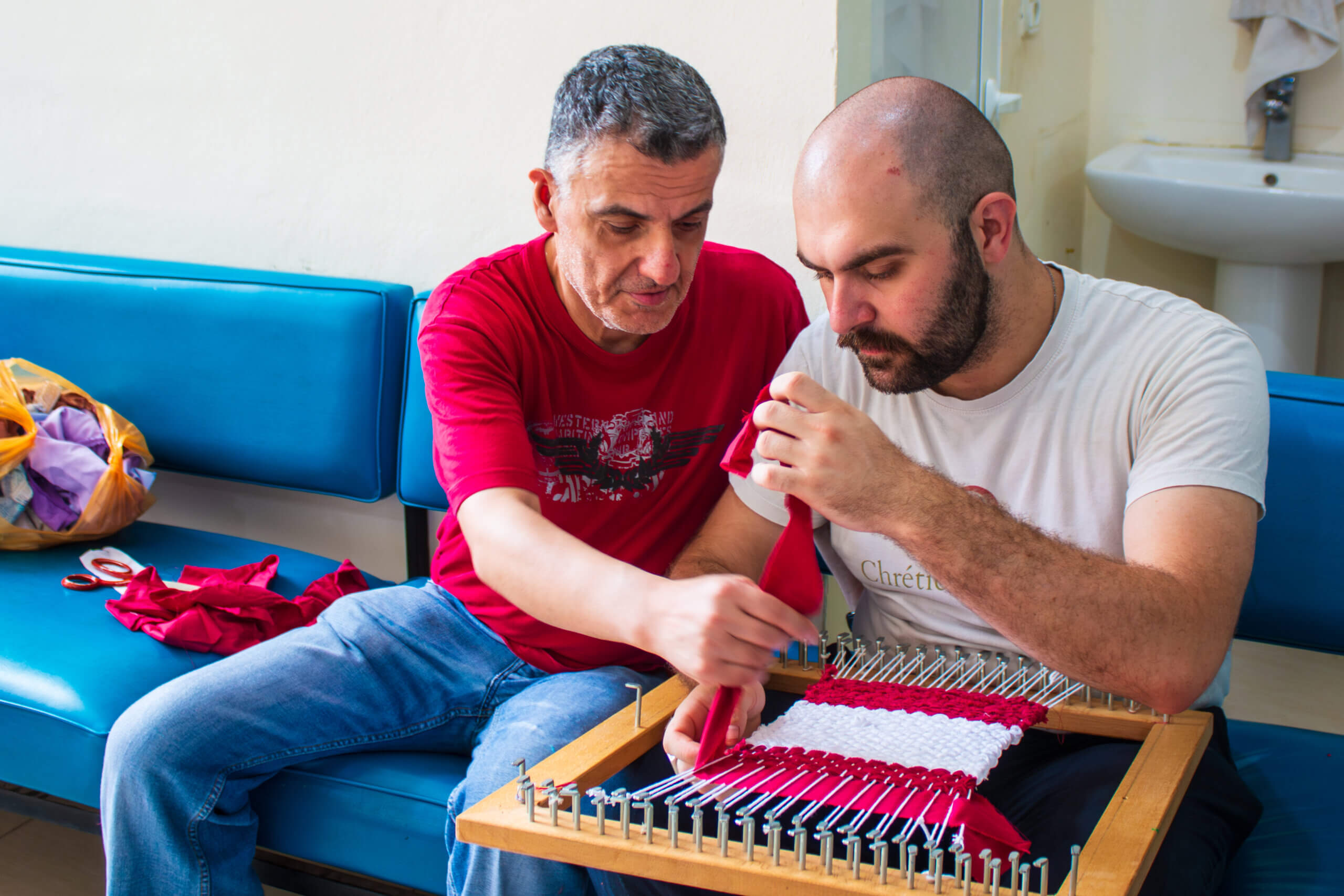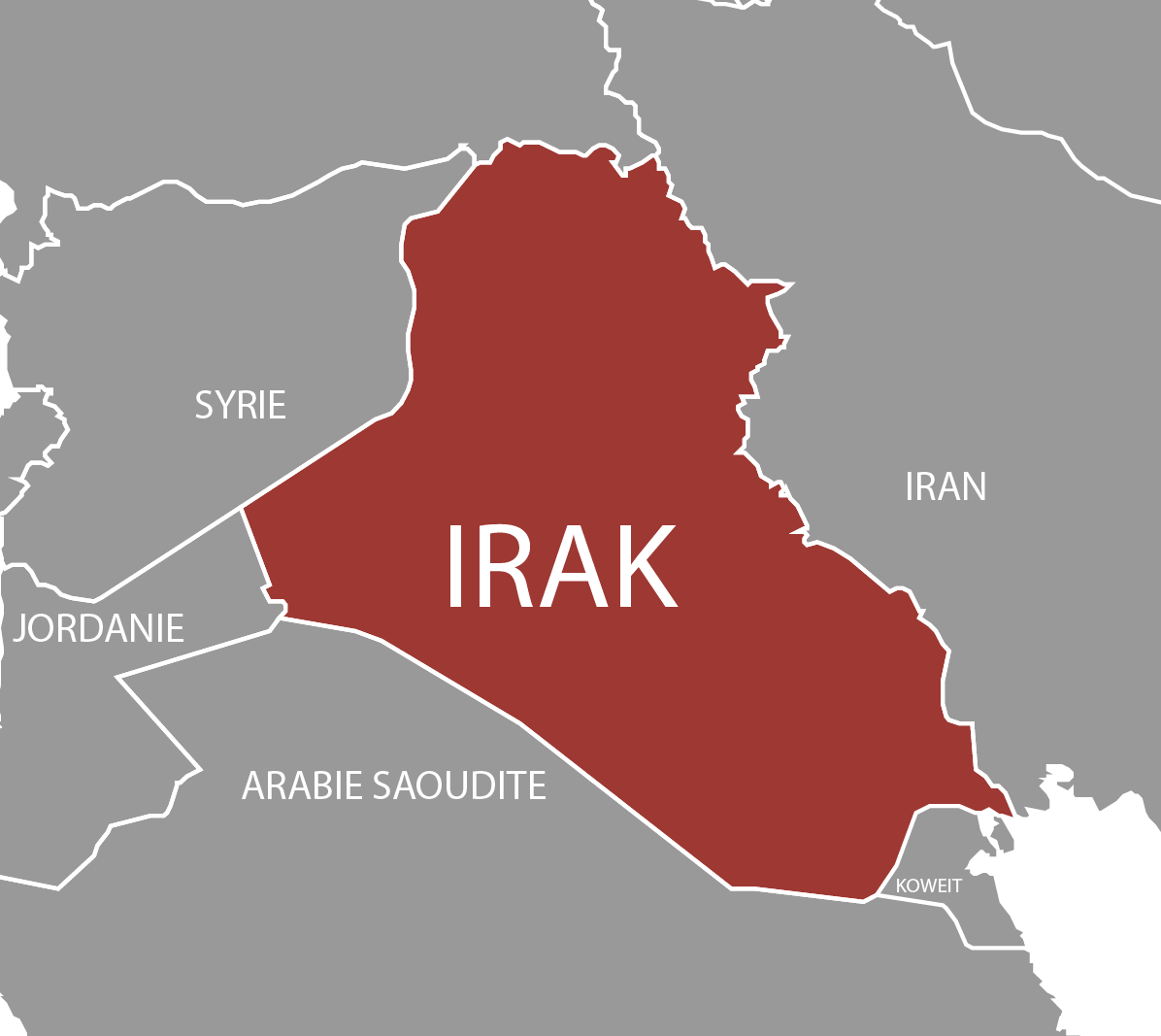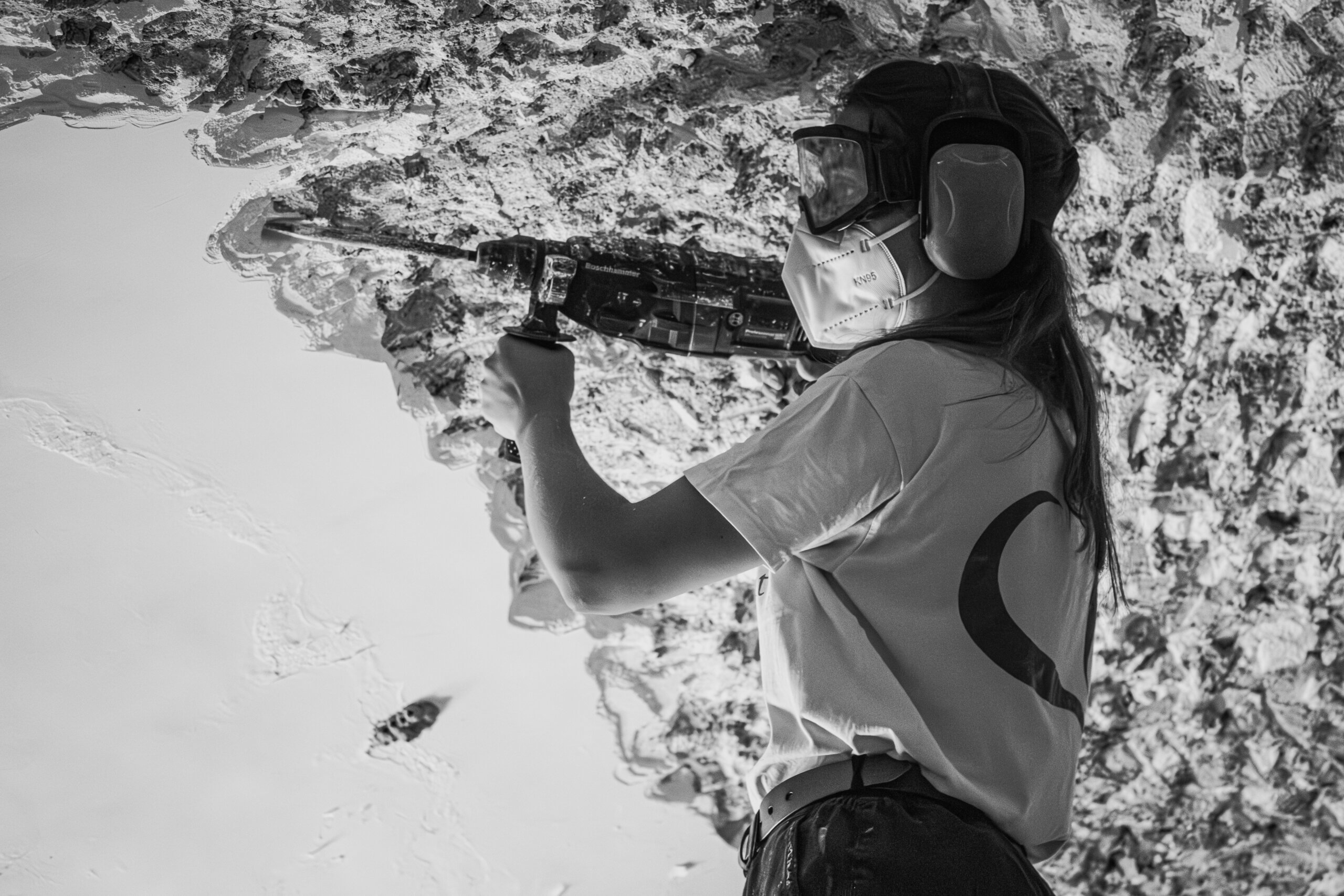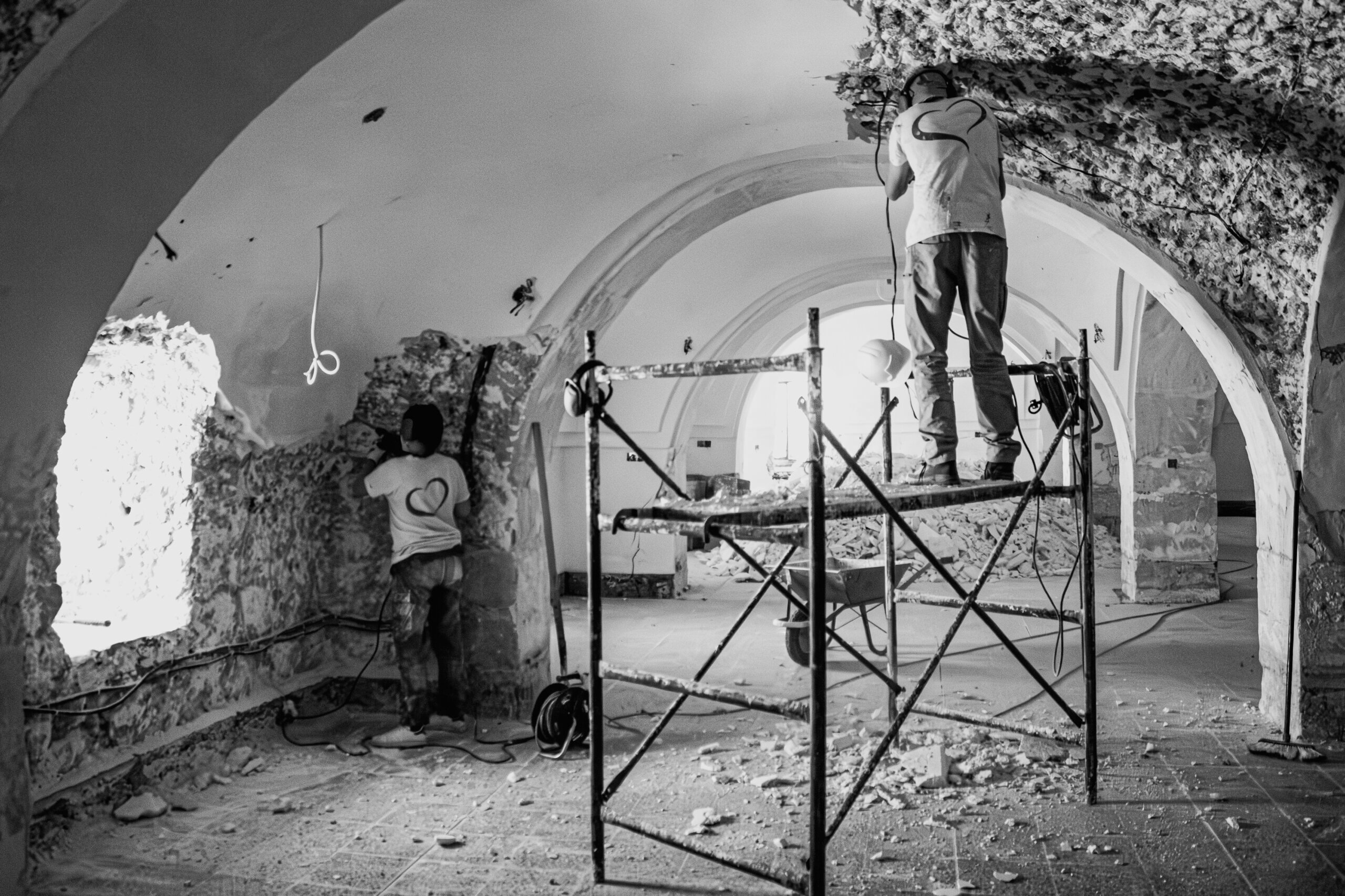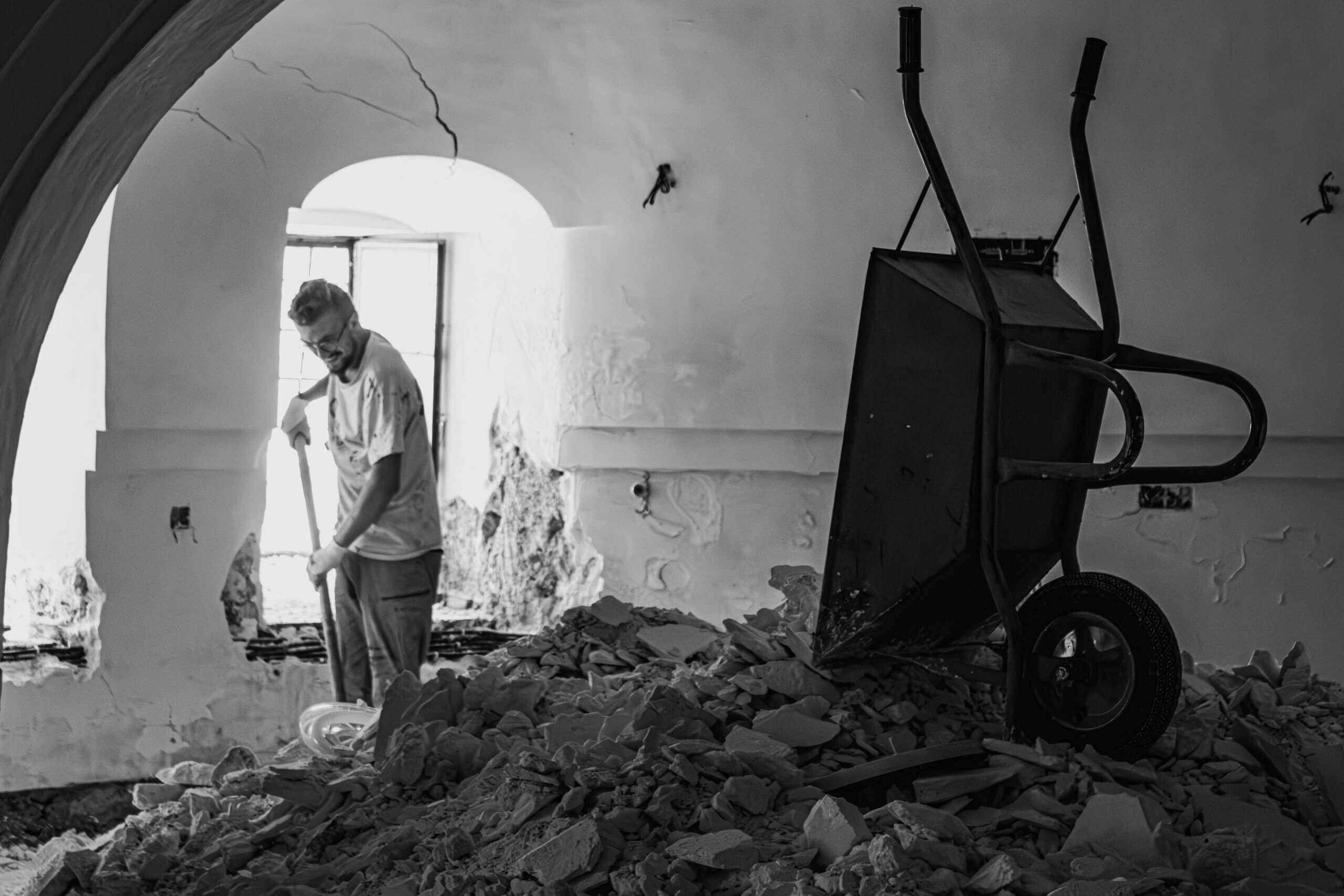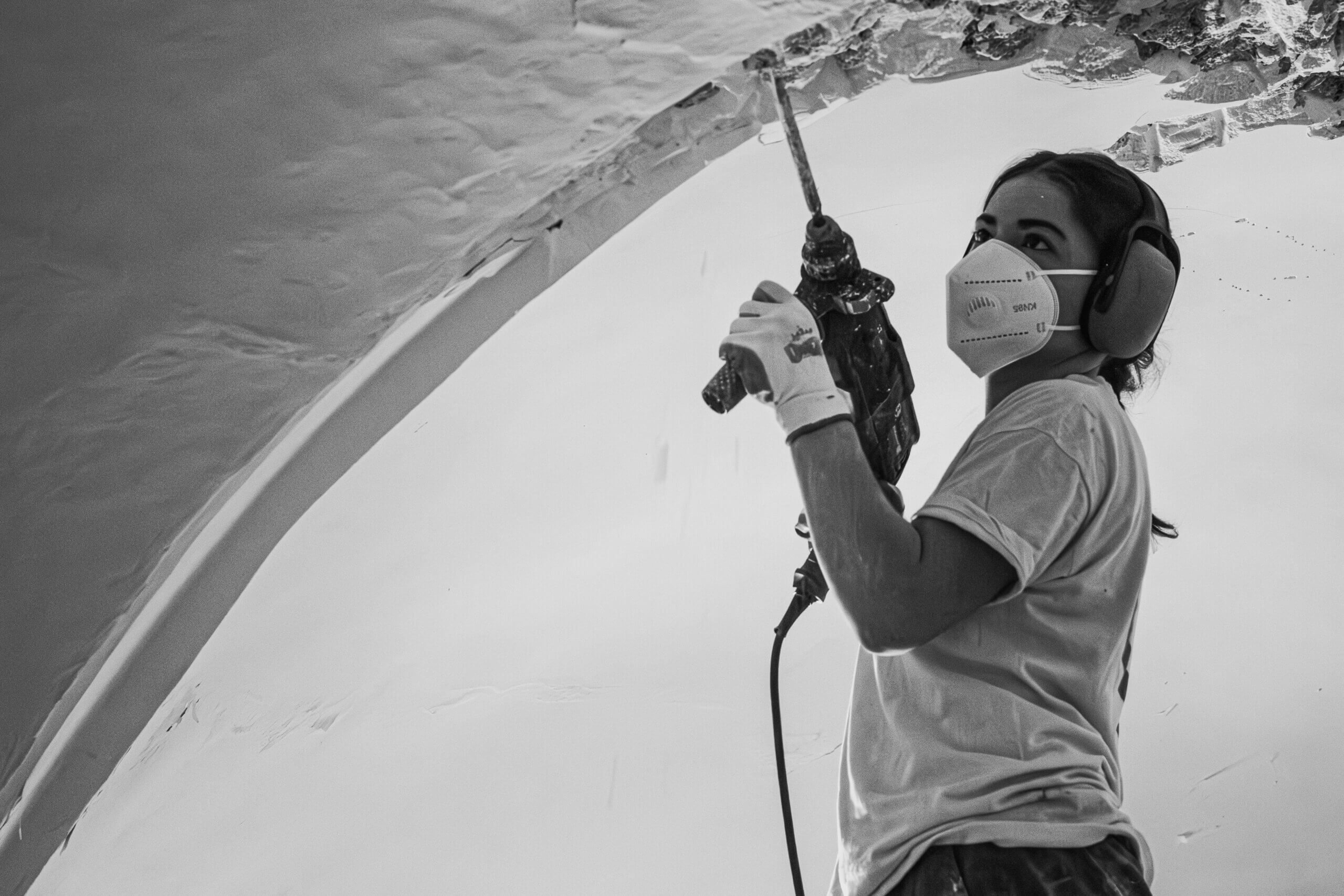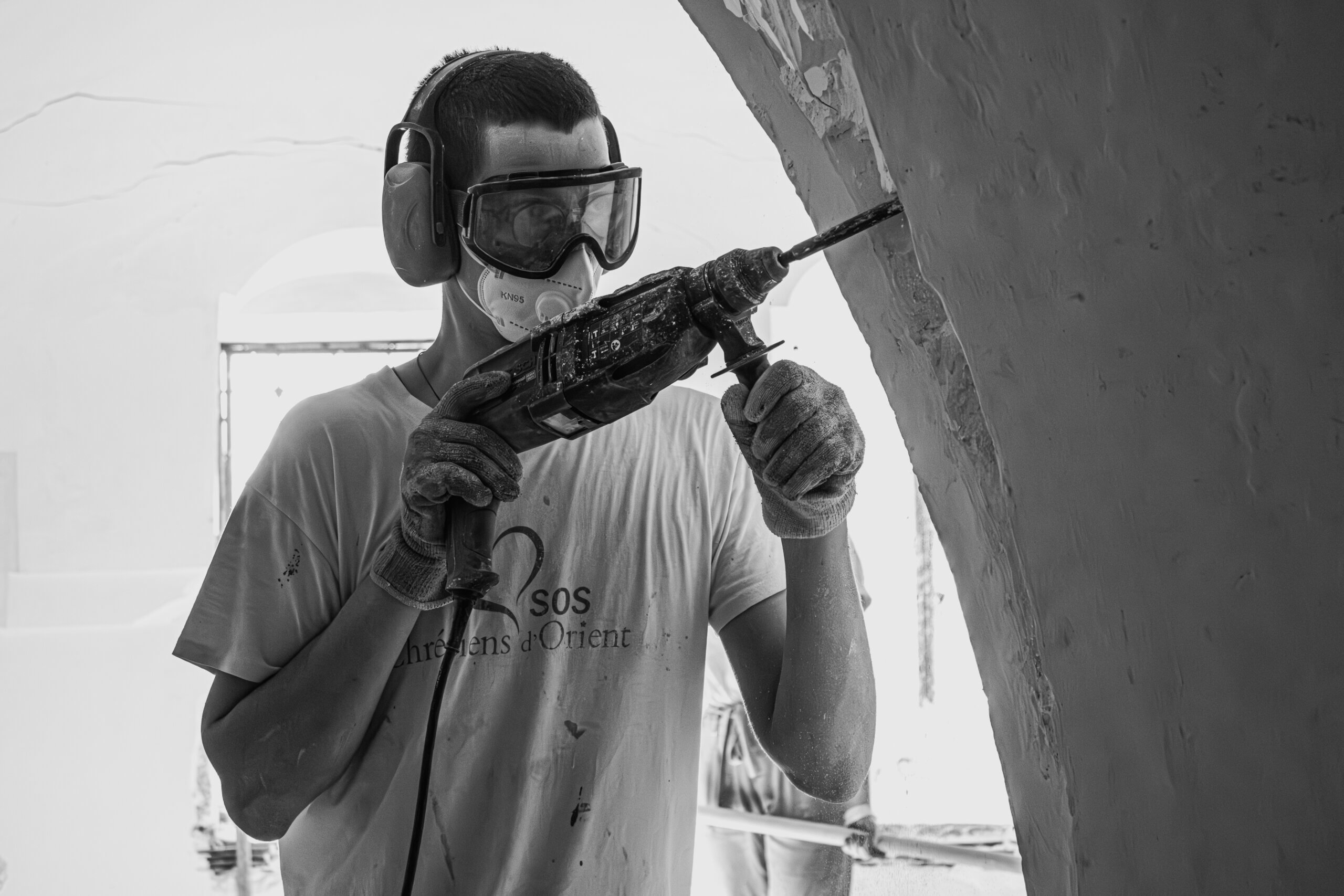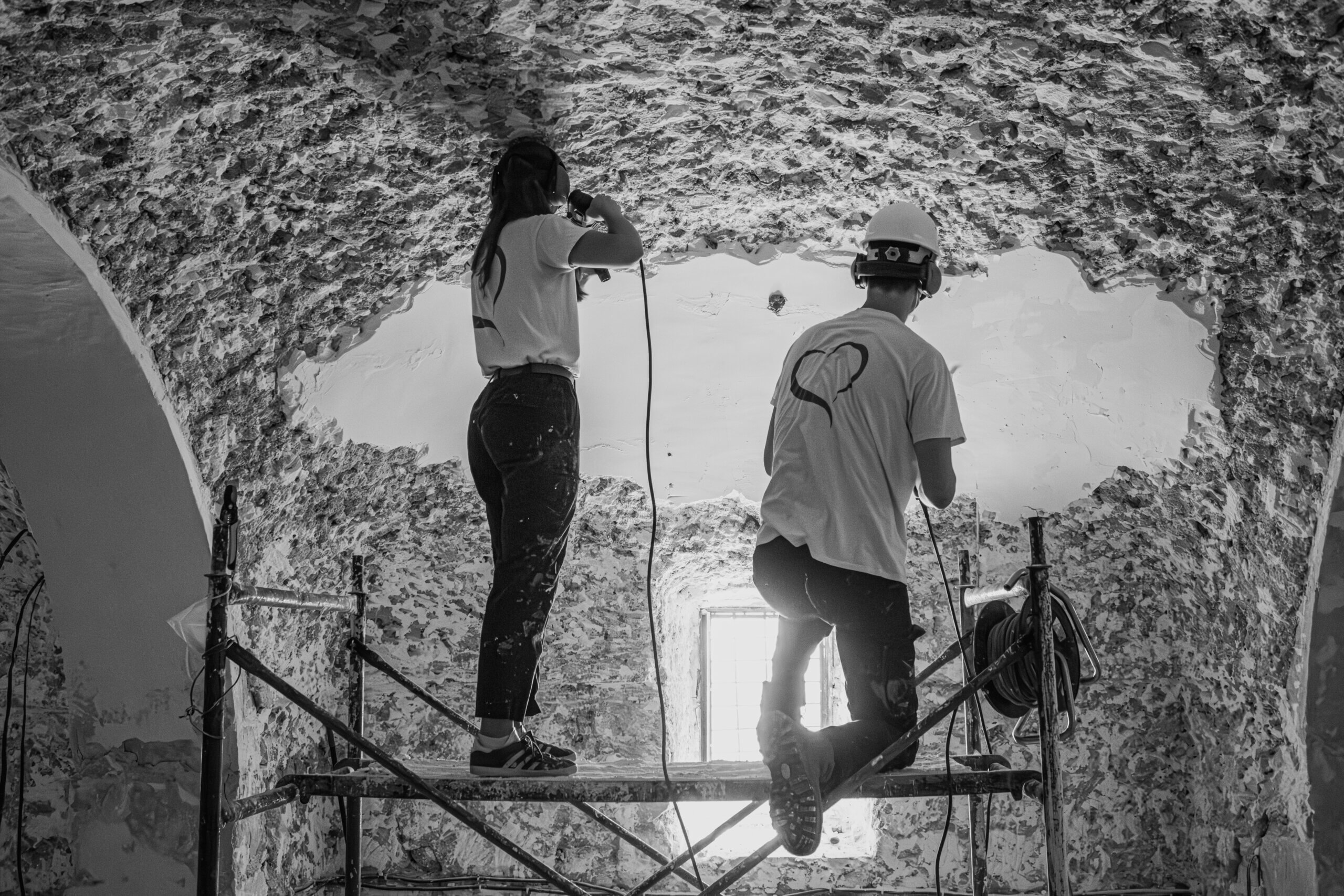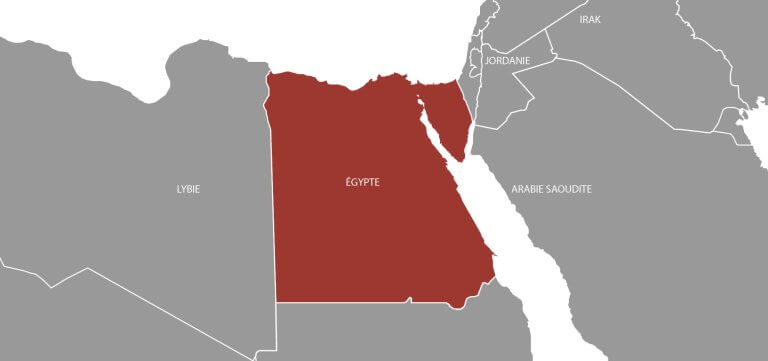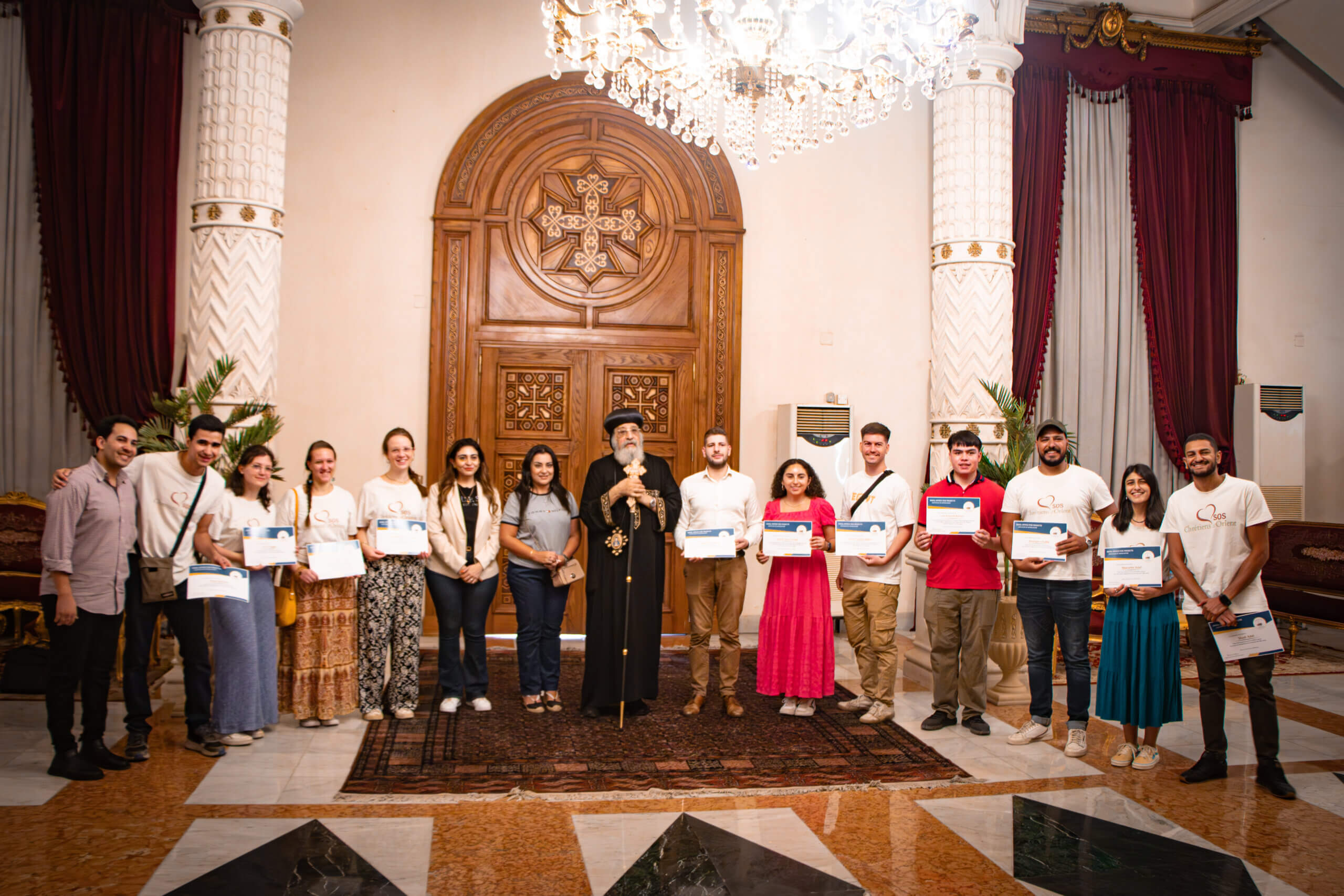Volunteers and children of St Mark’s Coptic Orthodox parish in the neighbourhood of Sharbia participate in the closing ceremony of the summer sessions, in the presence of His Holiness Pope Tawadros II, Pope of Alexandria and Patriarch of All Africa of the See of St. Mark.
‘We set off early in the morning as the sun rose over Cairo busy streets, to the vibrant neighbourhood of Al-Sharbia, where we had been giving French lessons for five weeks to the children of the parish.
Day after day, I could see the sparkle of pride growing in their eyes, their smiles widening with each new successful phrase they learnt. Some of them were able to pronounce French sentences perfectly and with confidence. While others were hesitant, but they were able to make small talk with us.
Until this special day came, with its sweetness mixed with nostalgia. Despite our tiredness, we are happy and proud to have fulfilled this duty.
Children, dressed in their best clothes and whom the eyes were filled with excitement, gathered to proudly receive their certificates of success, holding that piece of paper in their little hands, a sign of their efforts and success. Loud applause echoed under the high ceiling of the auditorium, and I couldn’t help but smile, my heart filled with joy.
Then, we walked through the ornate corridors to reach the papal residence, where a calm and solemn atmosphere prevails. His Holiness Pope Tawadros II greeted us with a gentle smile and gave us certificates of gratitude for our commitment. As soon as the glossy paper touched my fingers, I realised that this moment would be etched in my memory forever. It is an indescribable honour to receive this certificate from his hands, a symbol of our commitment recognition to the children of Egypt.
At the end of the ceremony, the Pope came out to greet the children waiting the cathedral square. The joyful chants and innocent shouts were touching under the bright blue sky. The Pope blessed us all and I realised, bowed head, how special this moment is.
The children did not forget their teachers and rushed to us to take pictures. They were very spontaneous, and some of them had tears in their eyes because goodbye is not the easier word to say. The most mischievous among them were relieved that the sometimes difficult lessons had come to an end.
We ended the day by a visit to St. Mark’ tomb, located in a small crypt adjacent to the cathedral. Once down the few steps leading to the lower church, the atmosphere gradually changes, becoming more peaceful and charged with a great spiritual aura. Here, the stone walls, damp and cold, whisper the ancient prayers of our ancestors. It is a moment of silent communion, each of us alone with God, our Creator.
Time stops here, and in this sacred silence, I entrust all those children into the hands of the Lord.
This summer ended with a symphony of laughter and smiles, and I will embrace all these memories for a long time to come, proud of the achievement I have made in the Sharbia neighbourhood.
